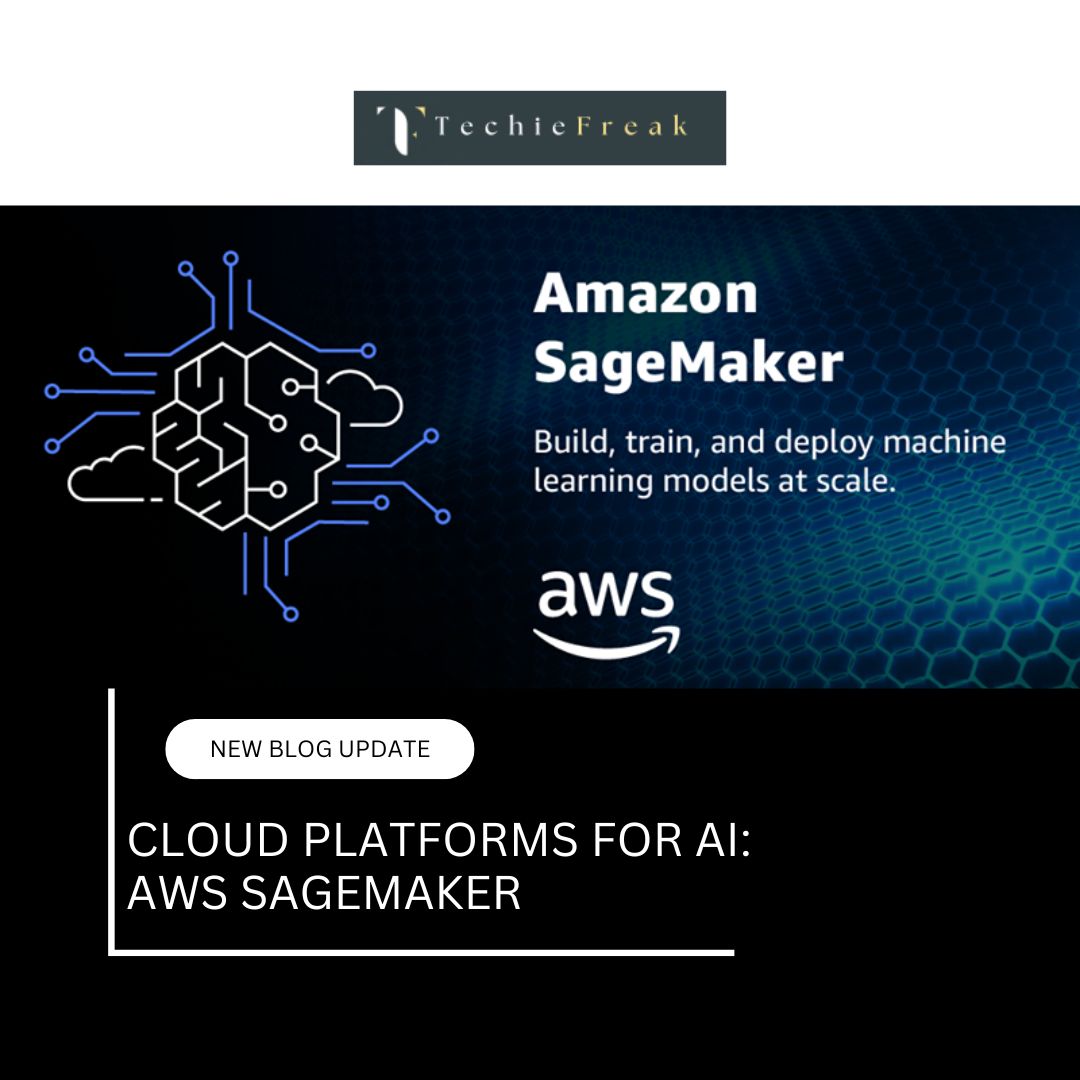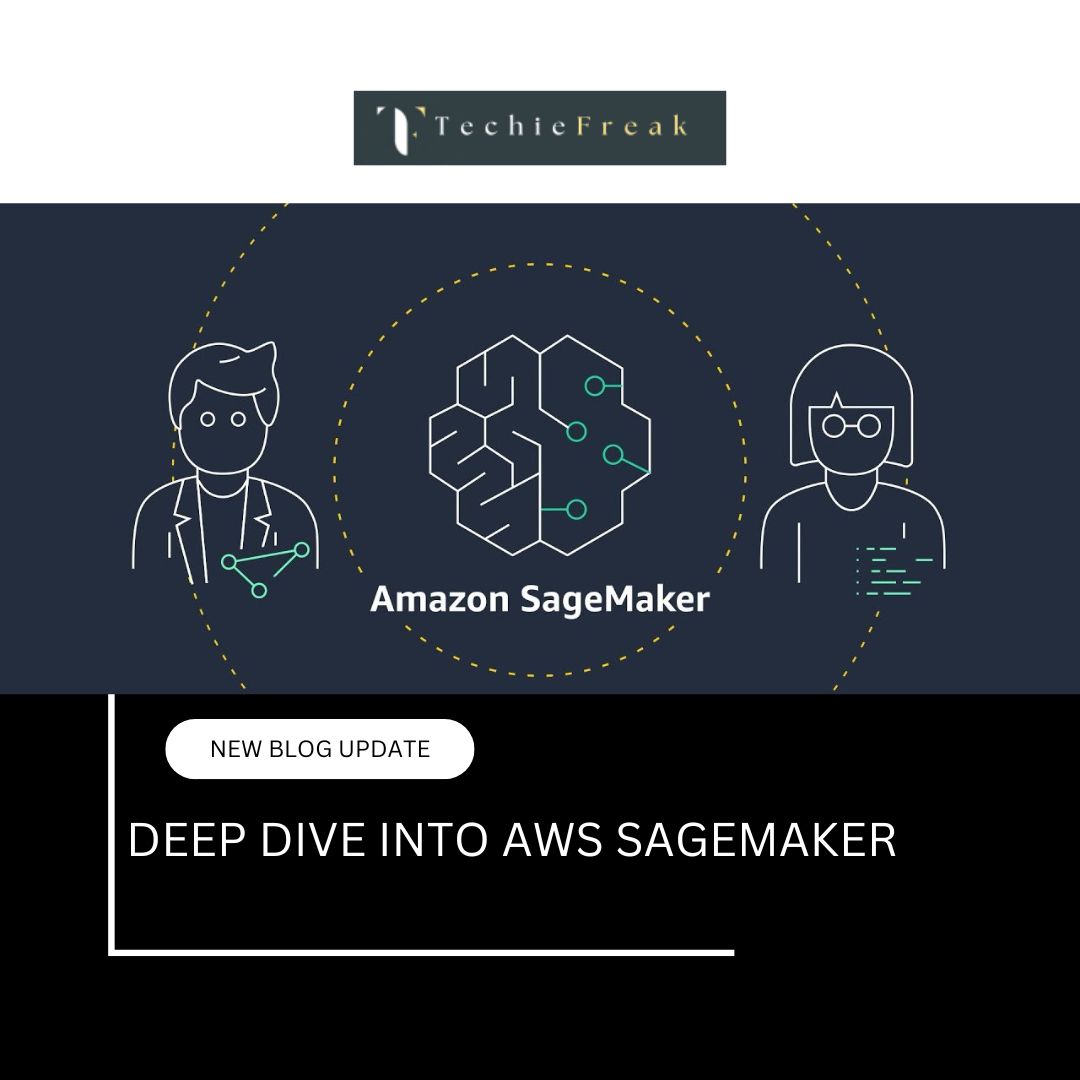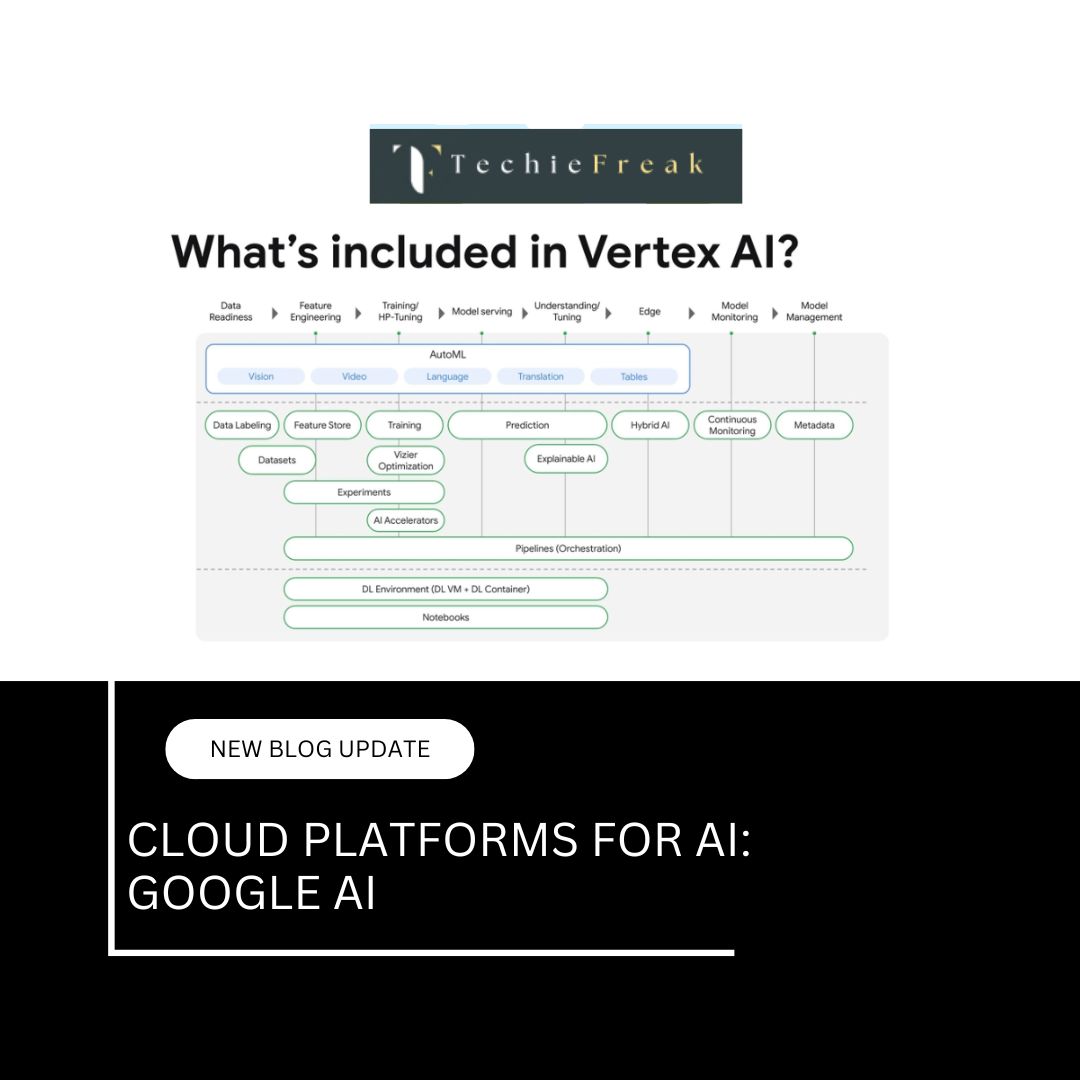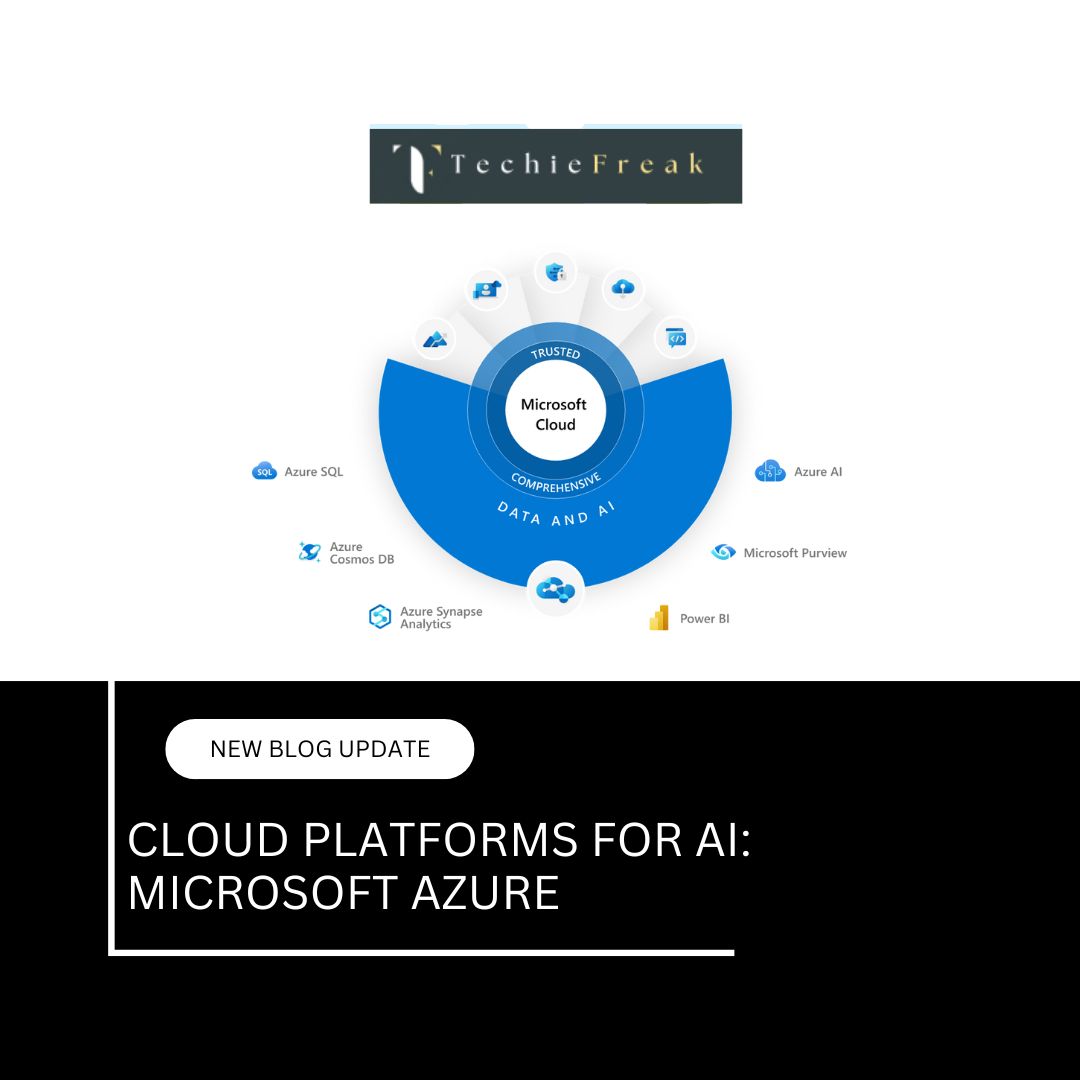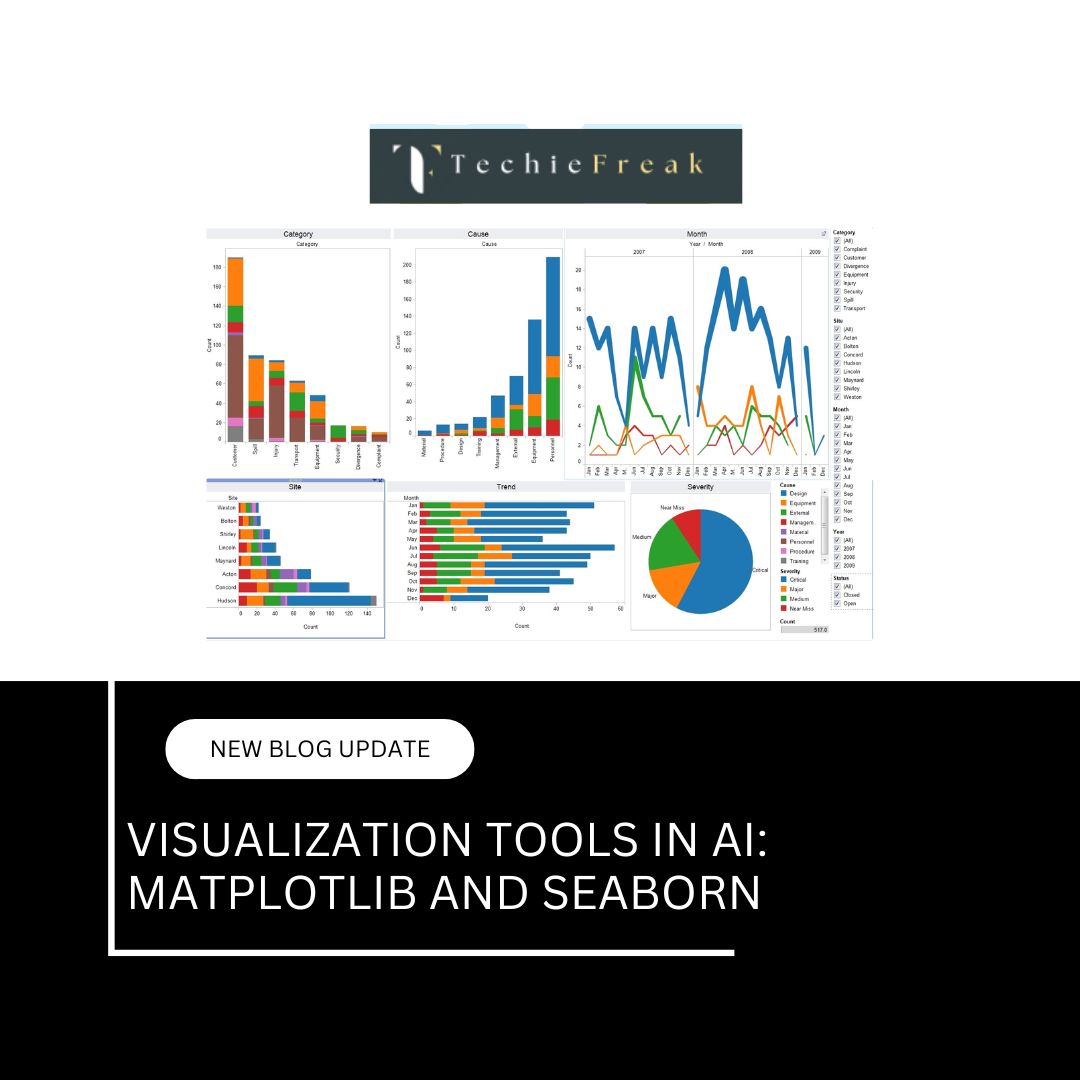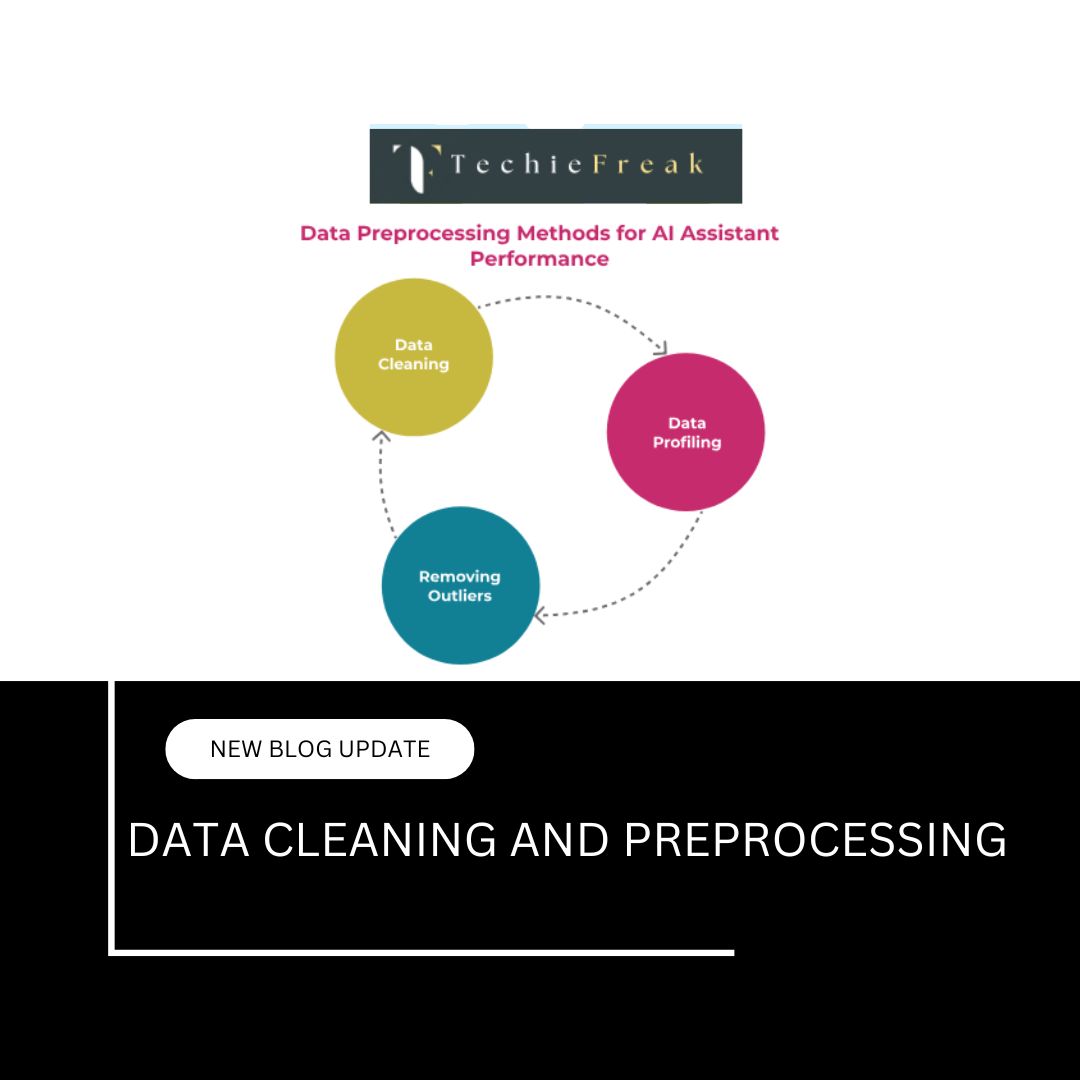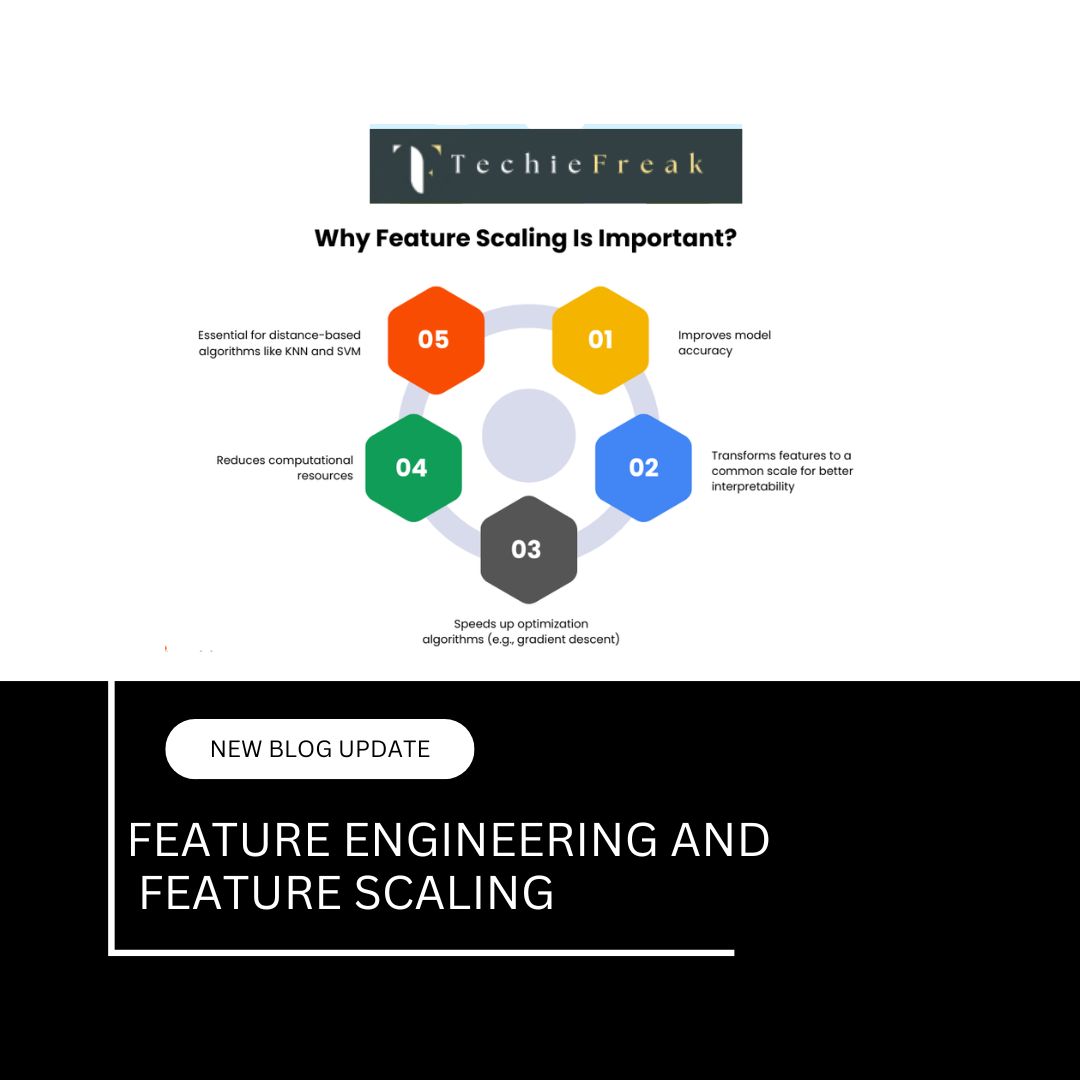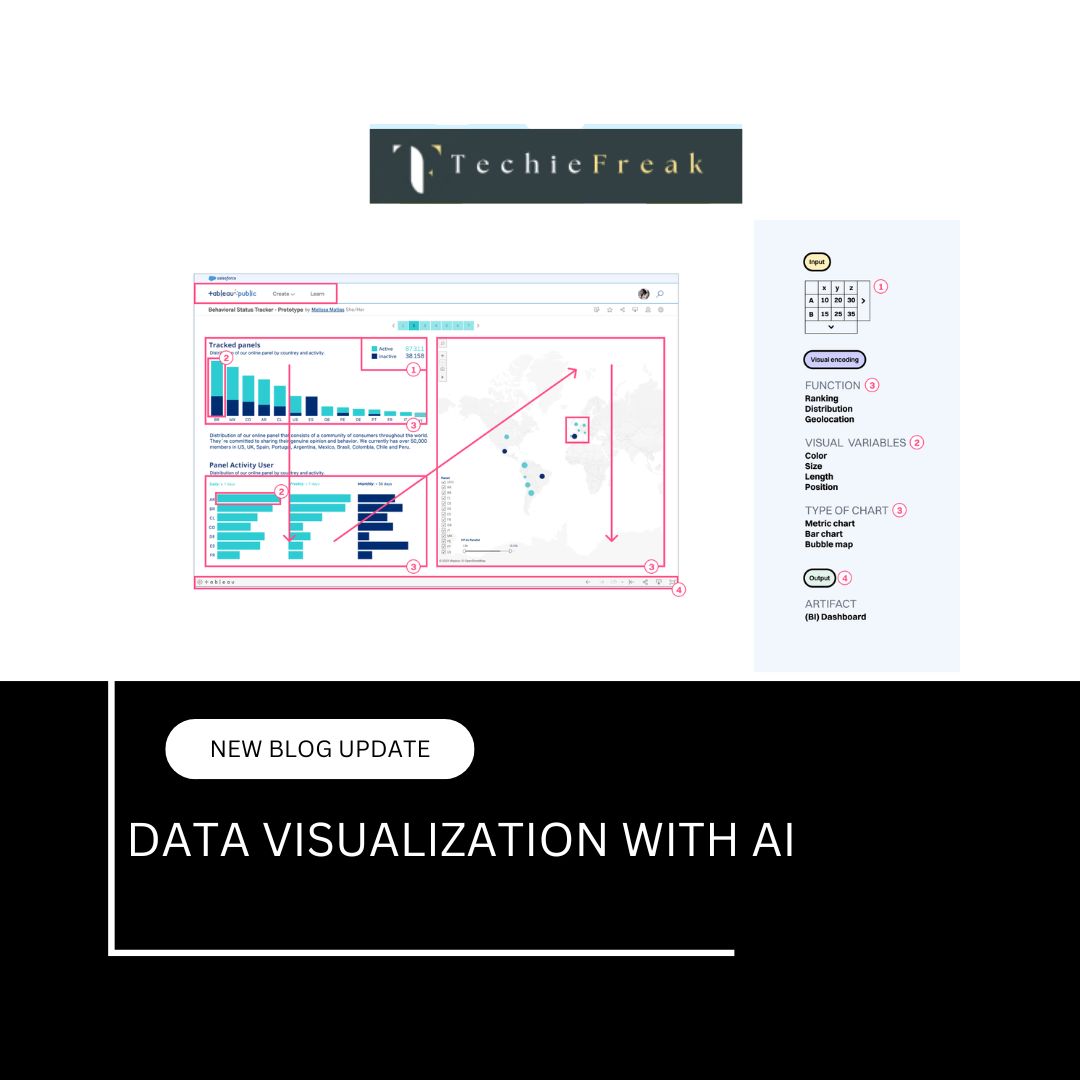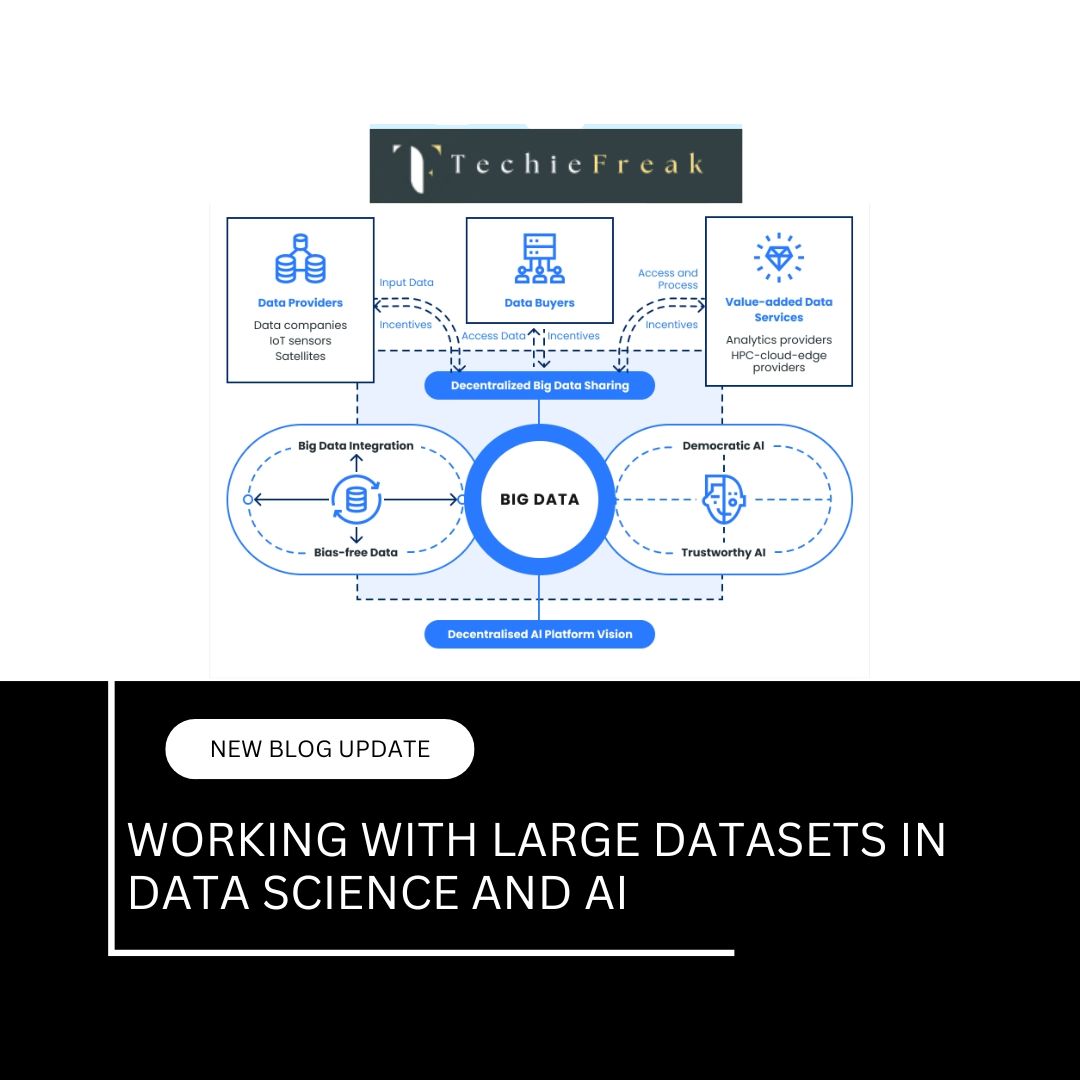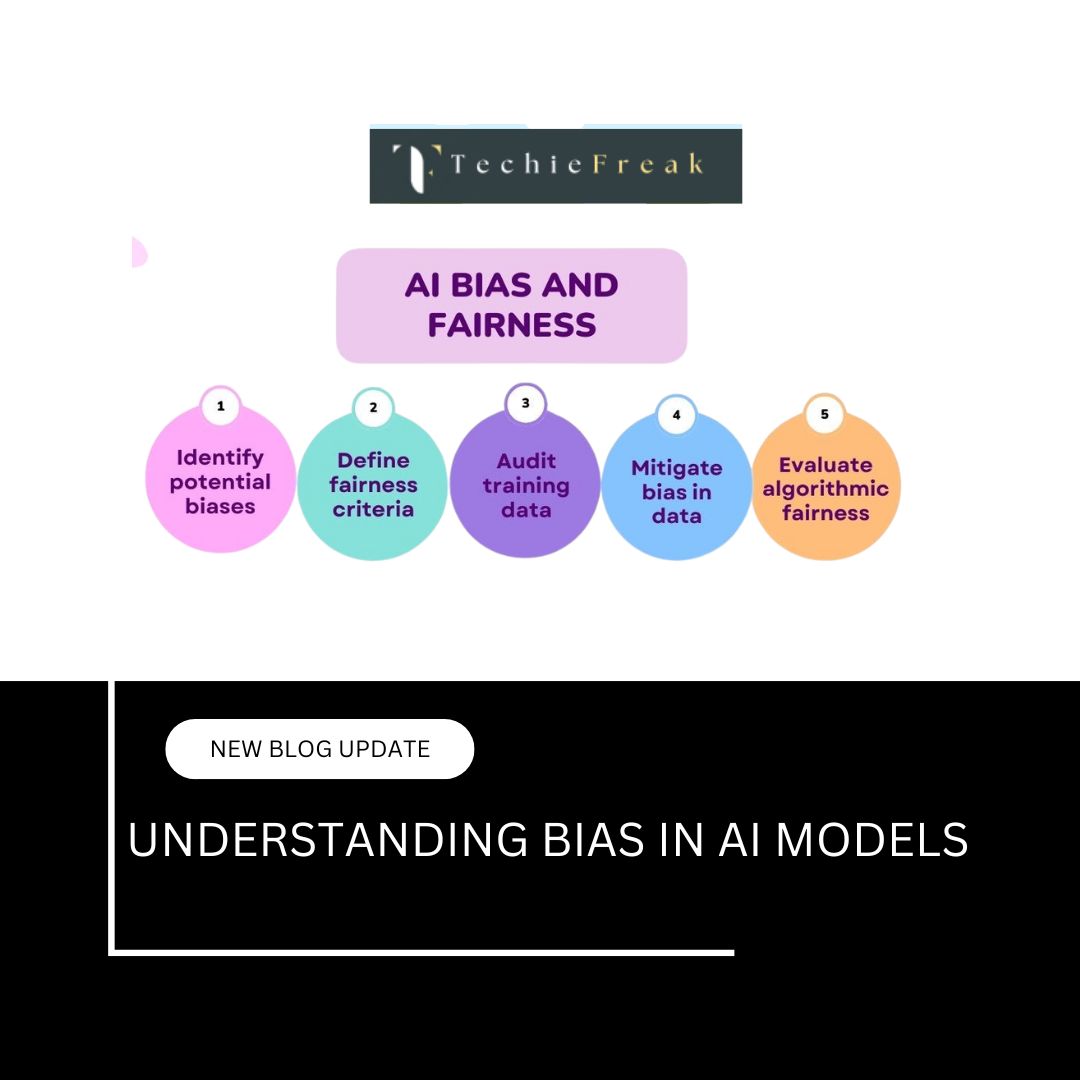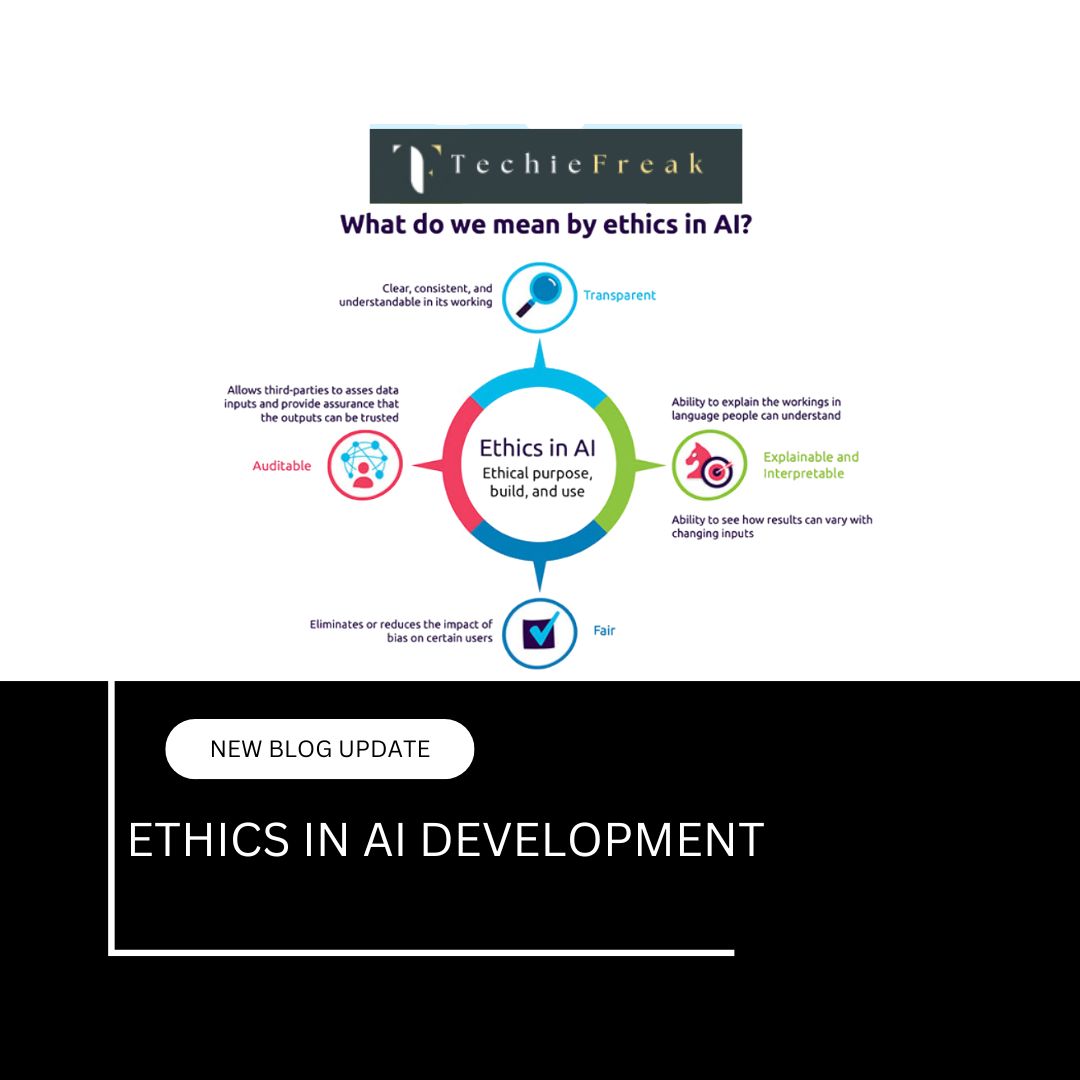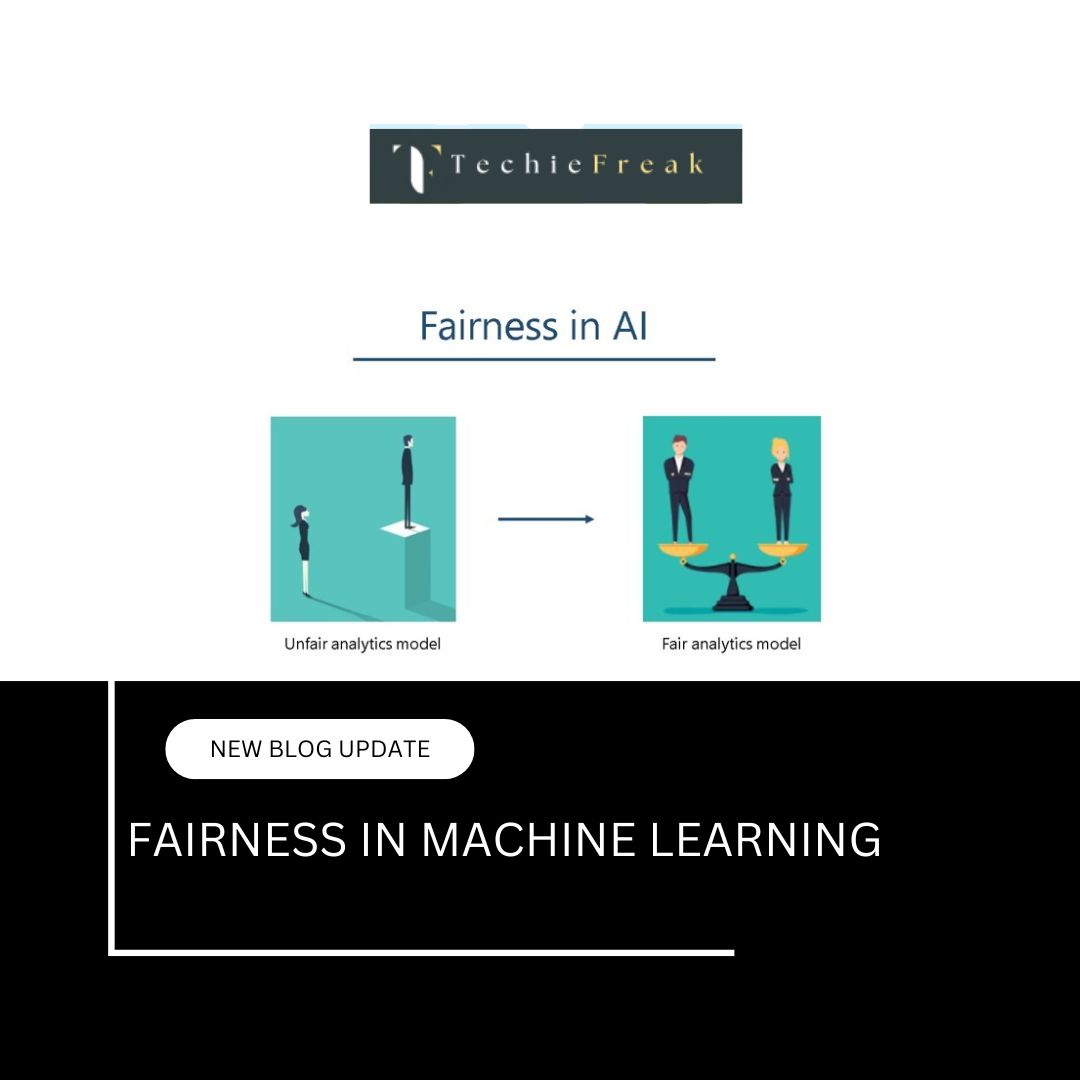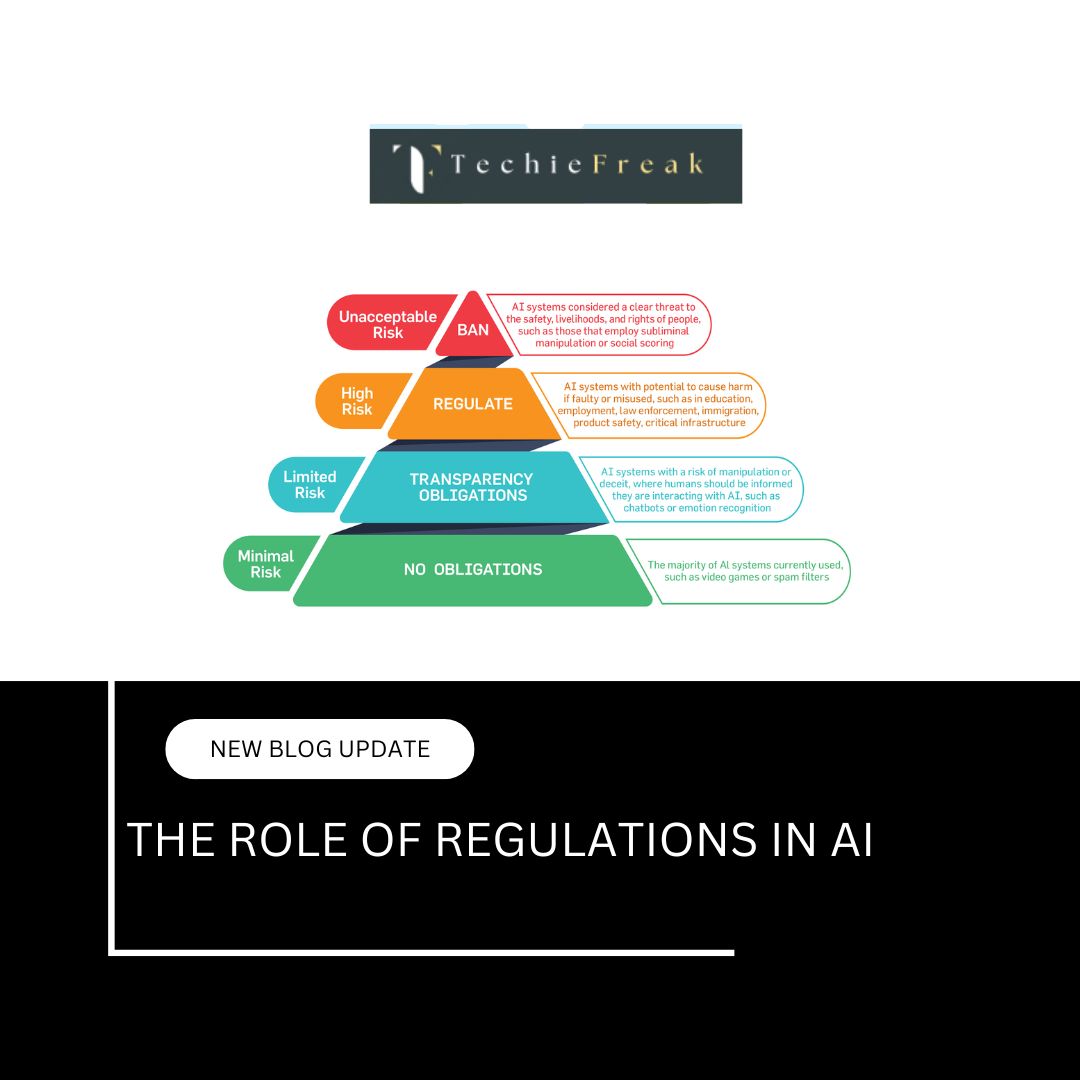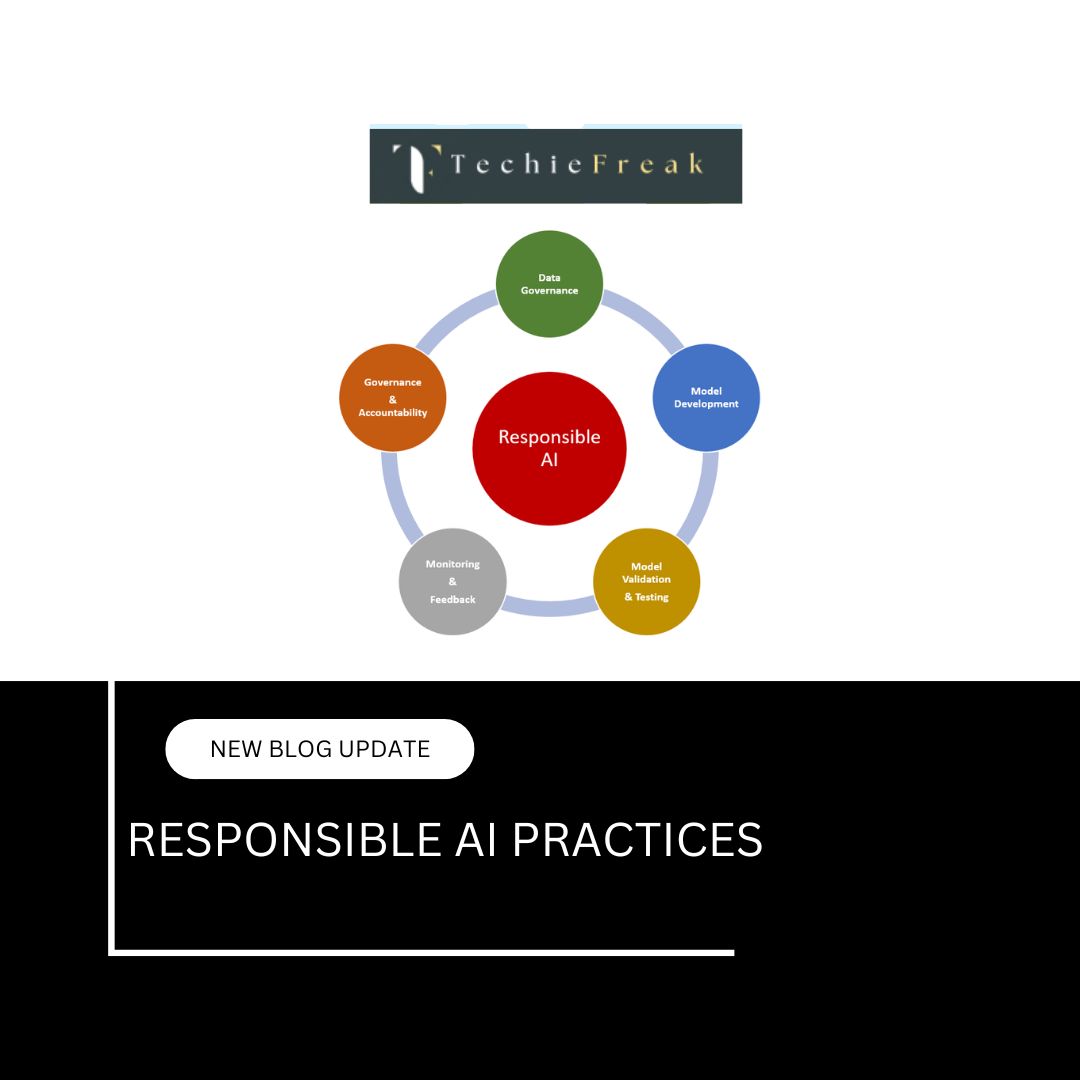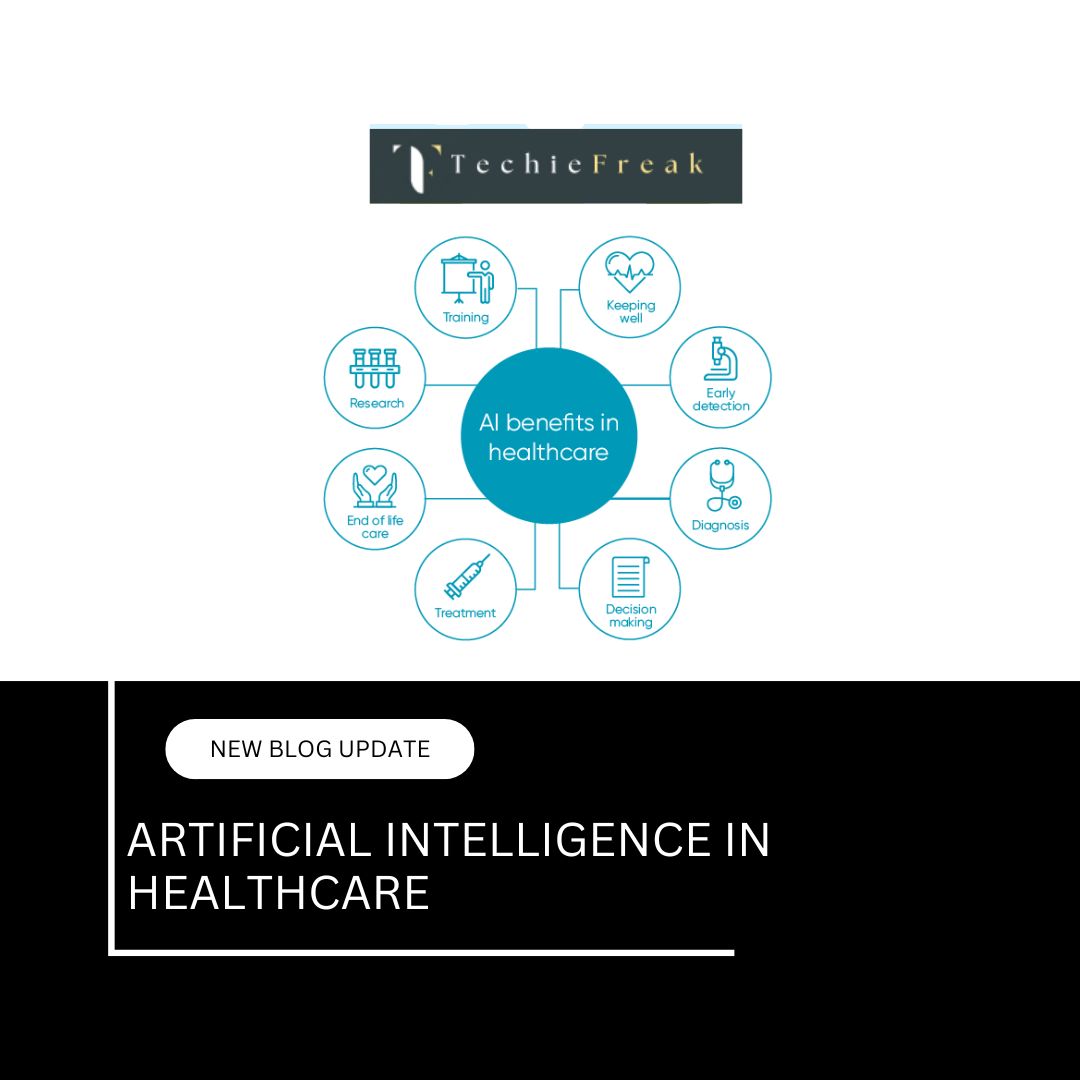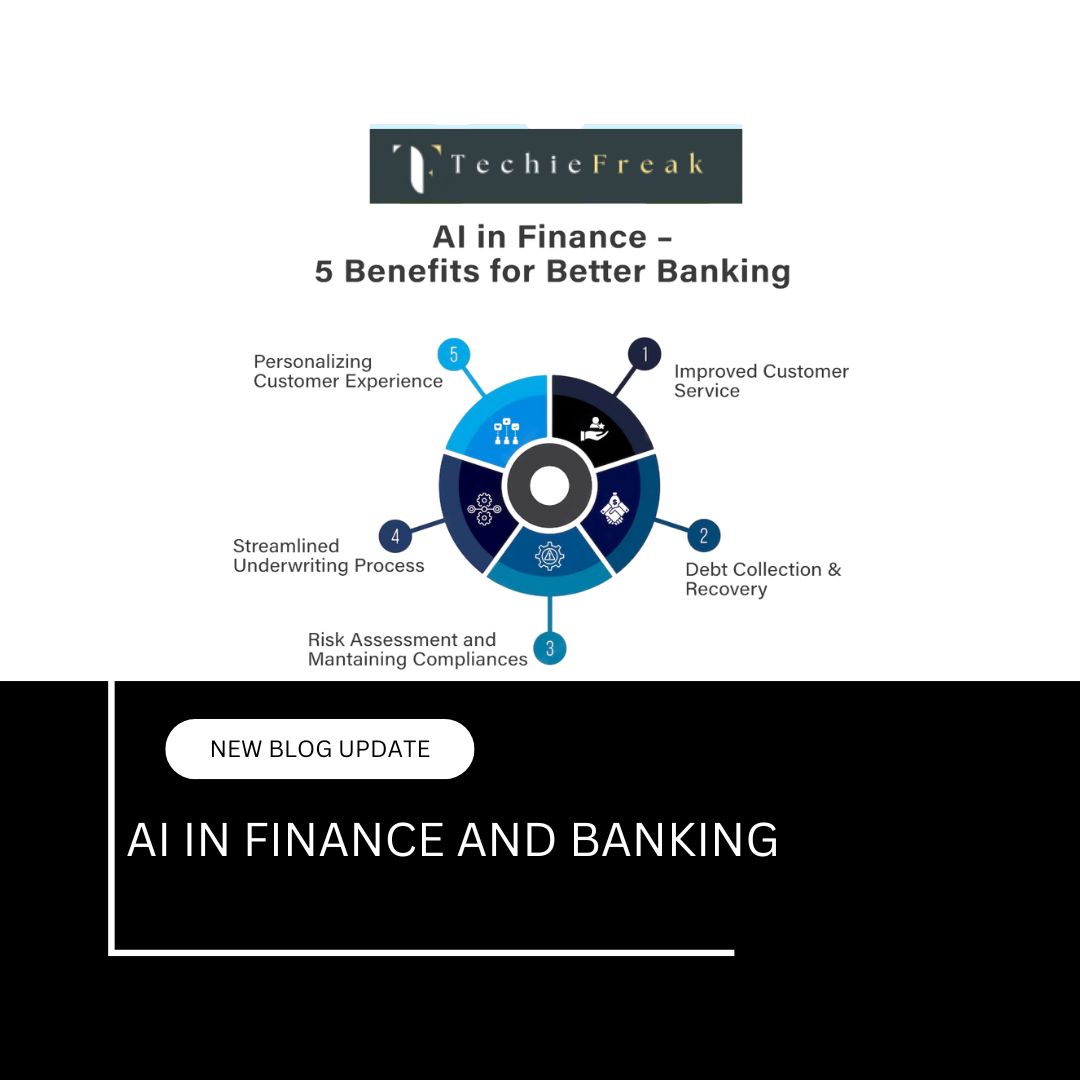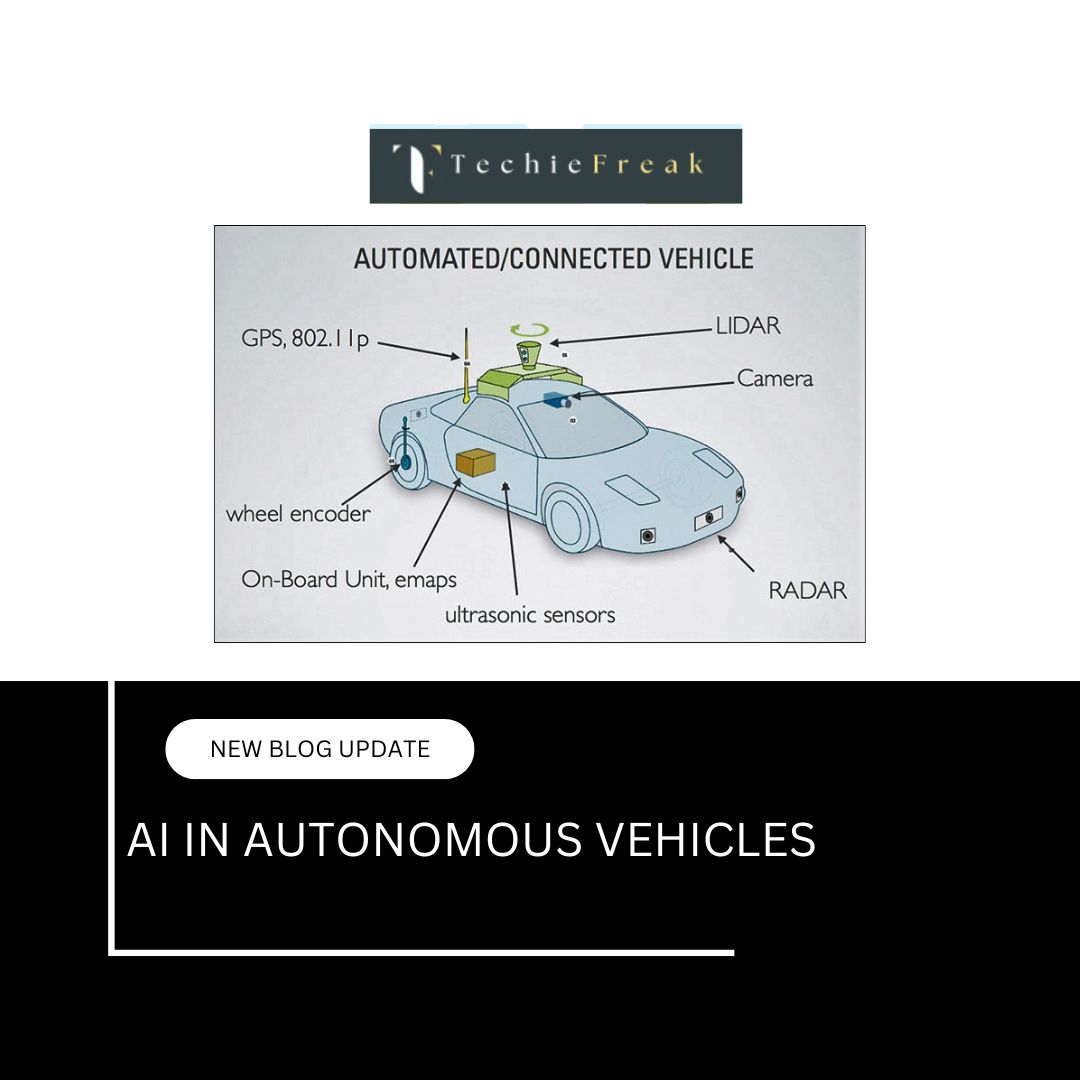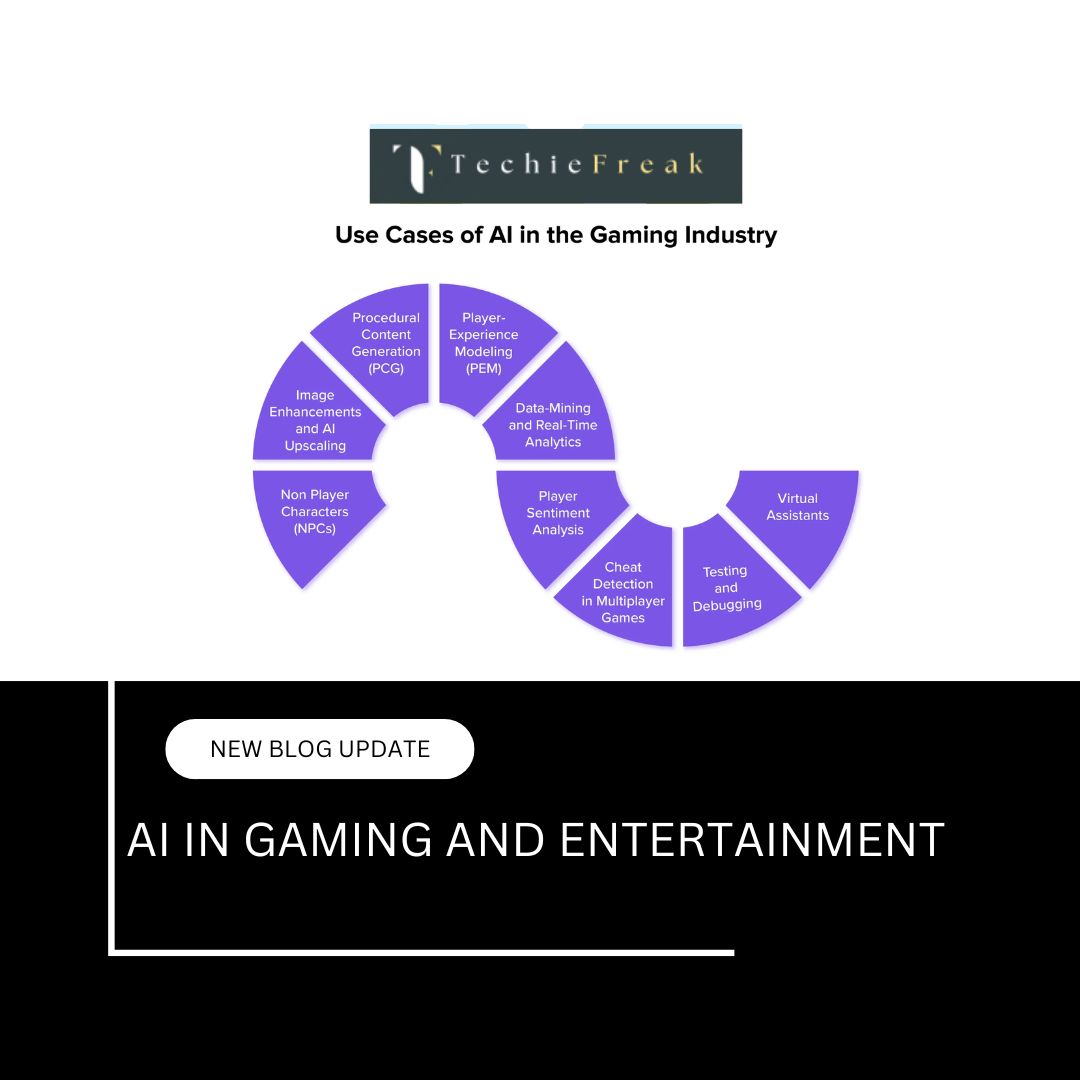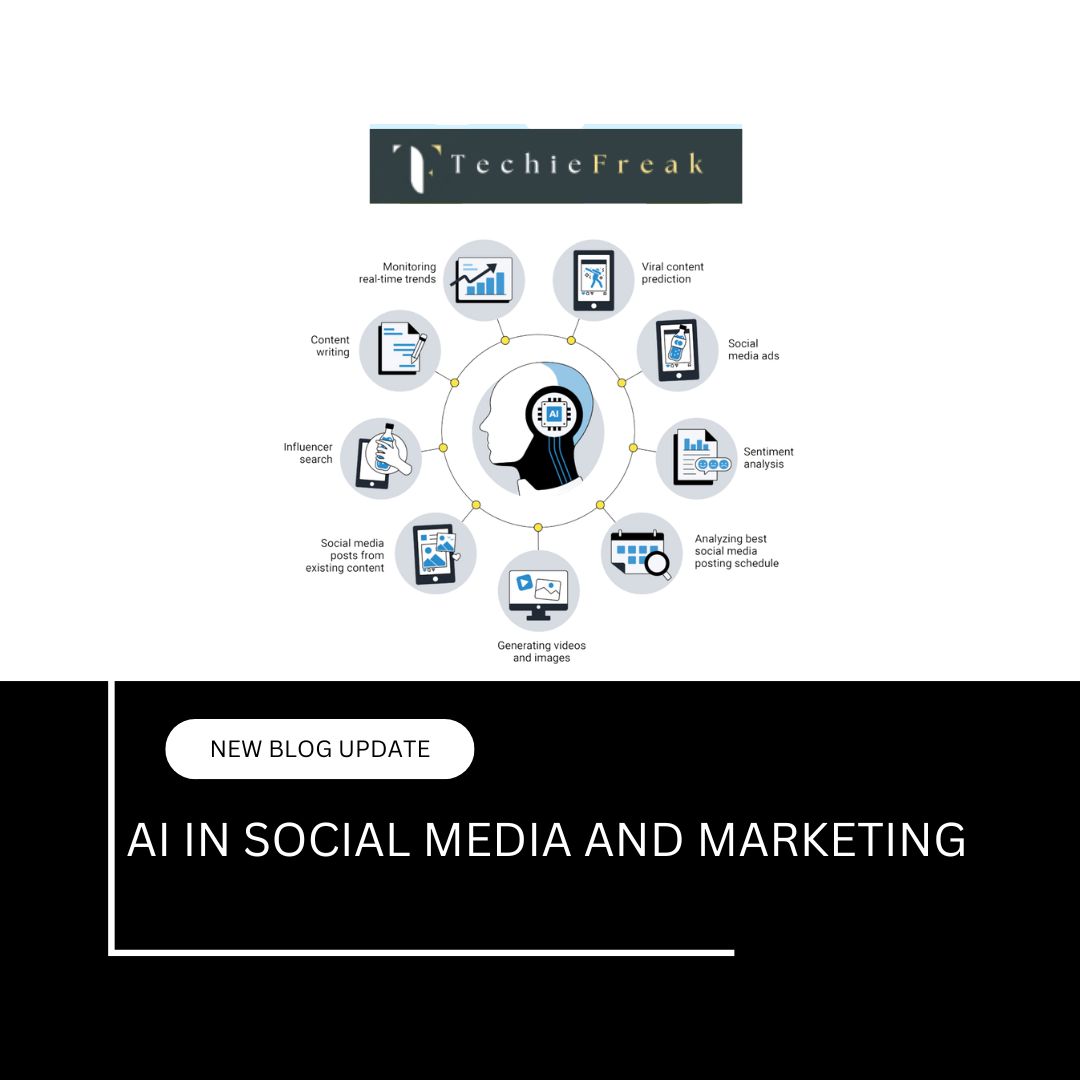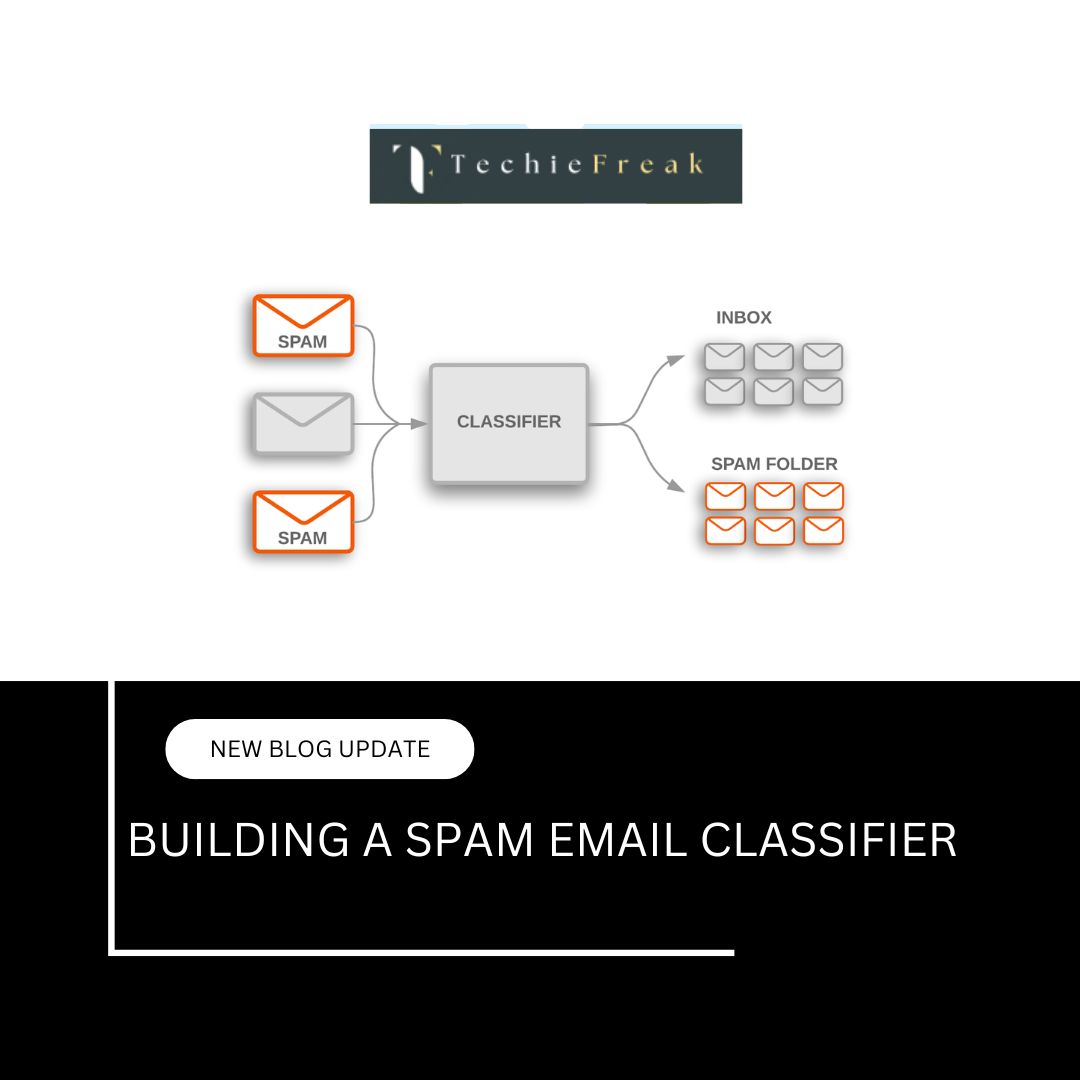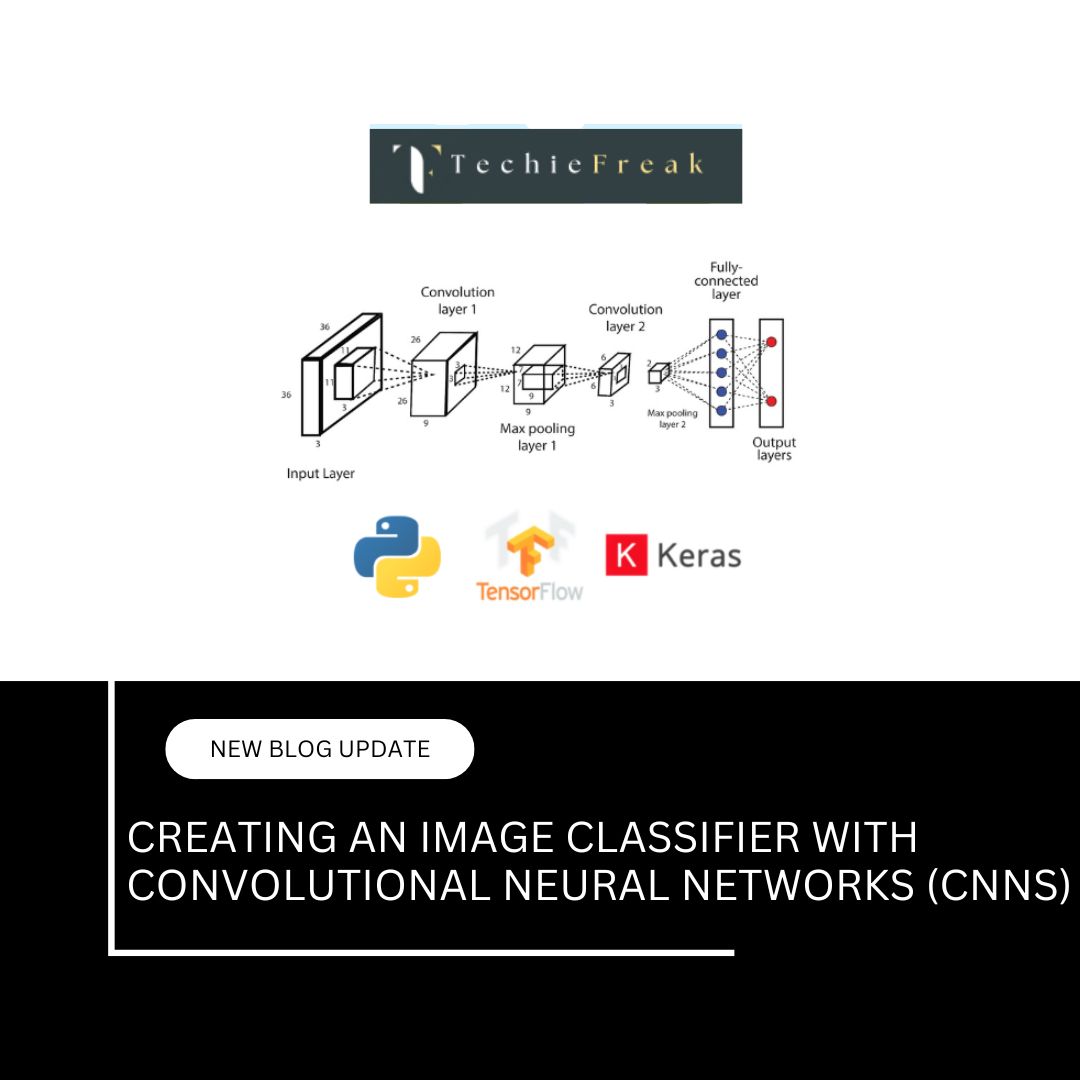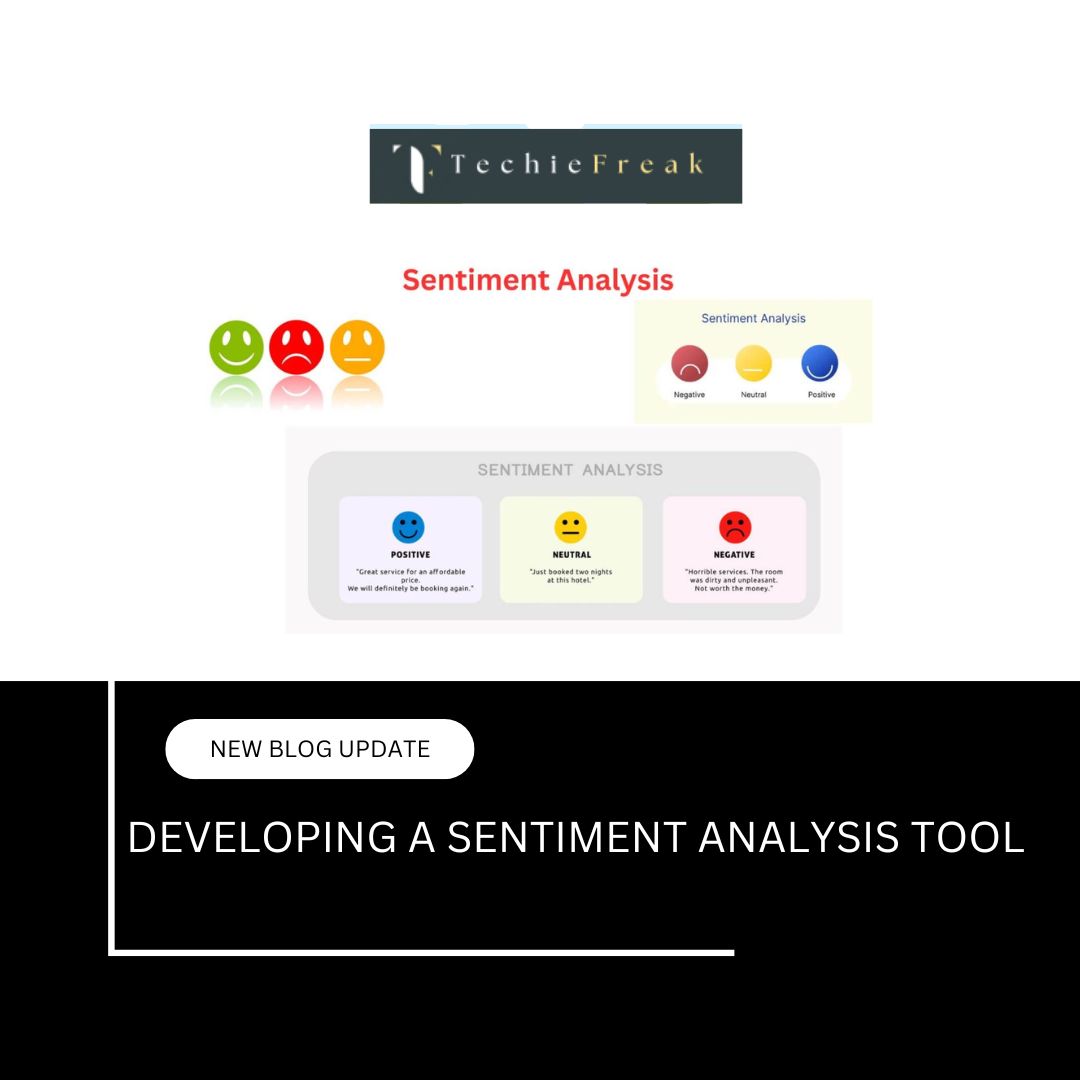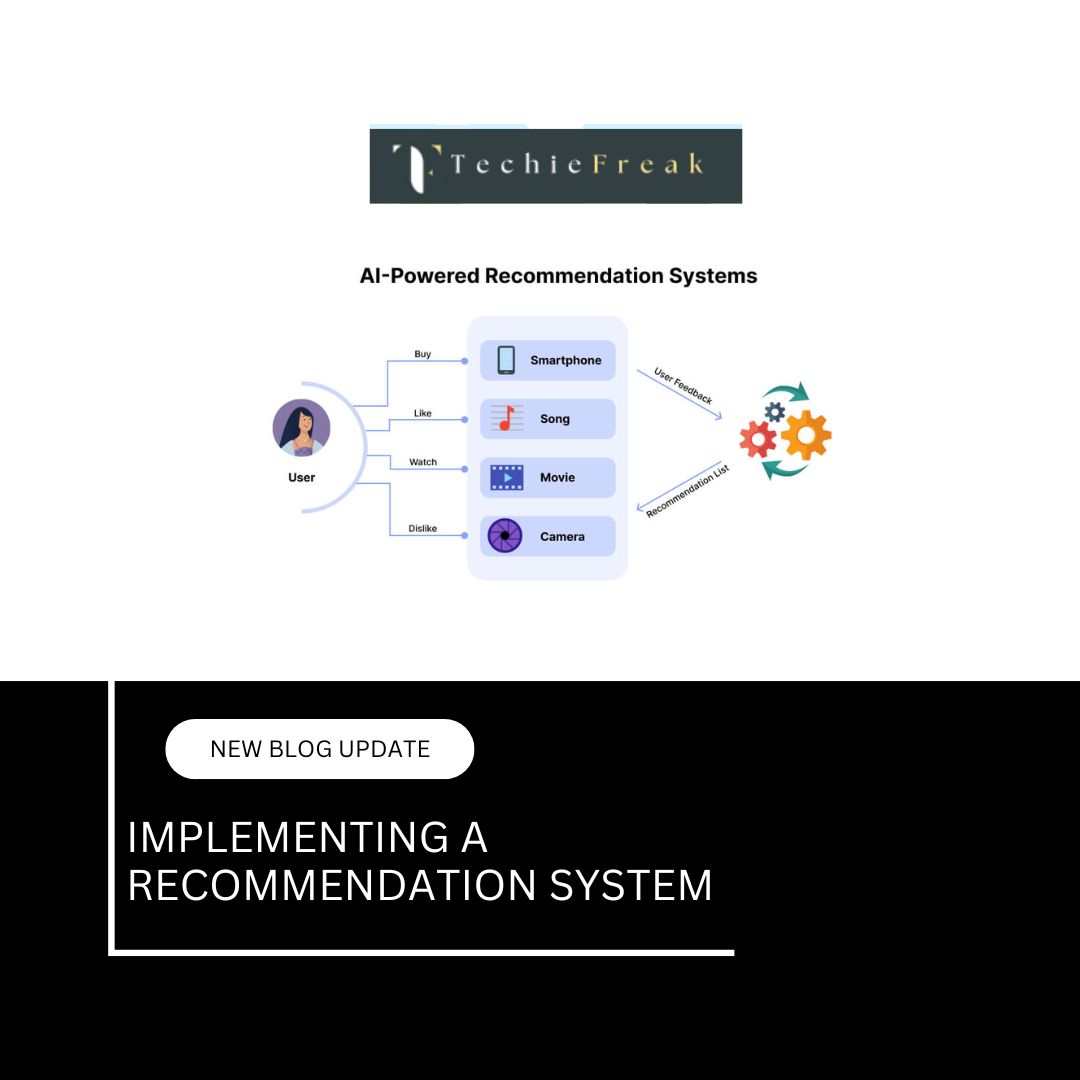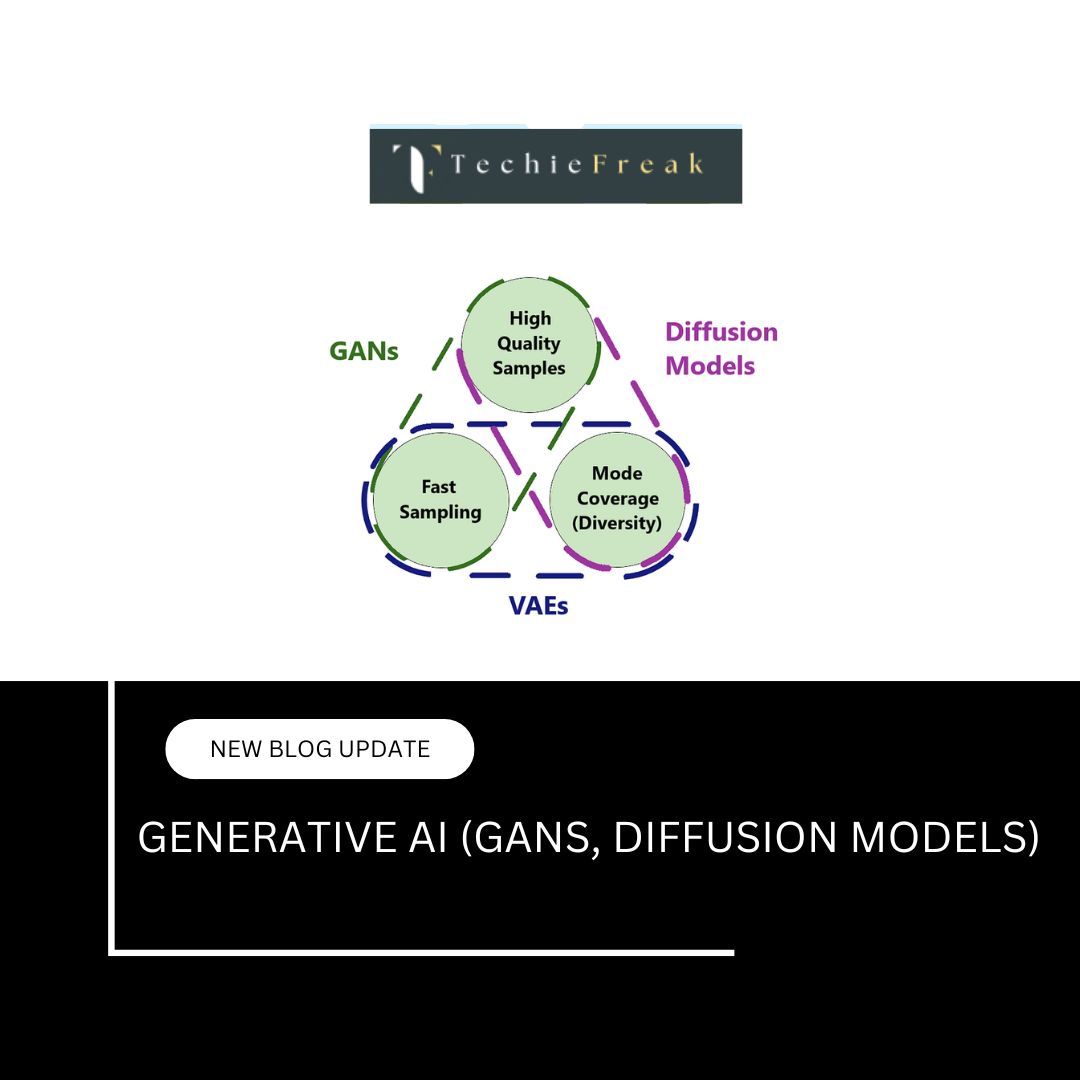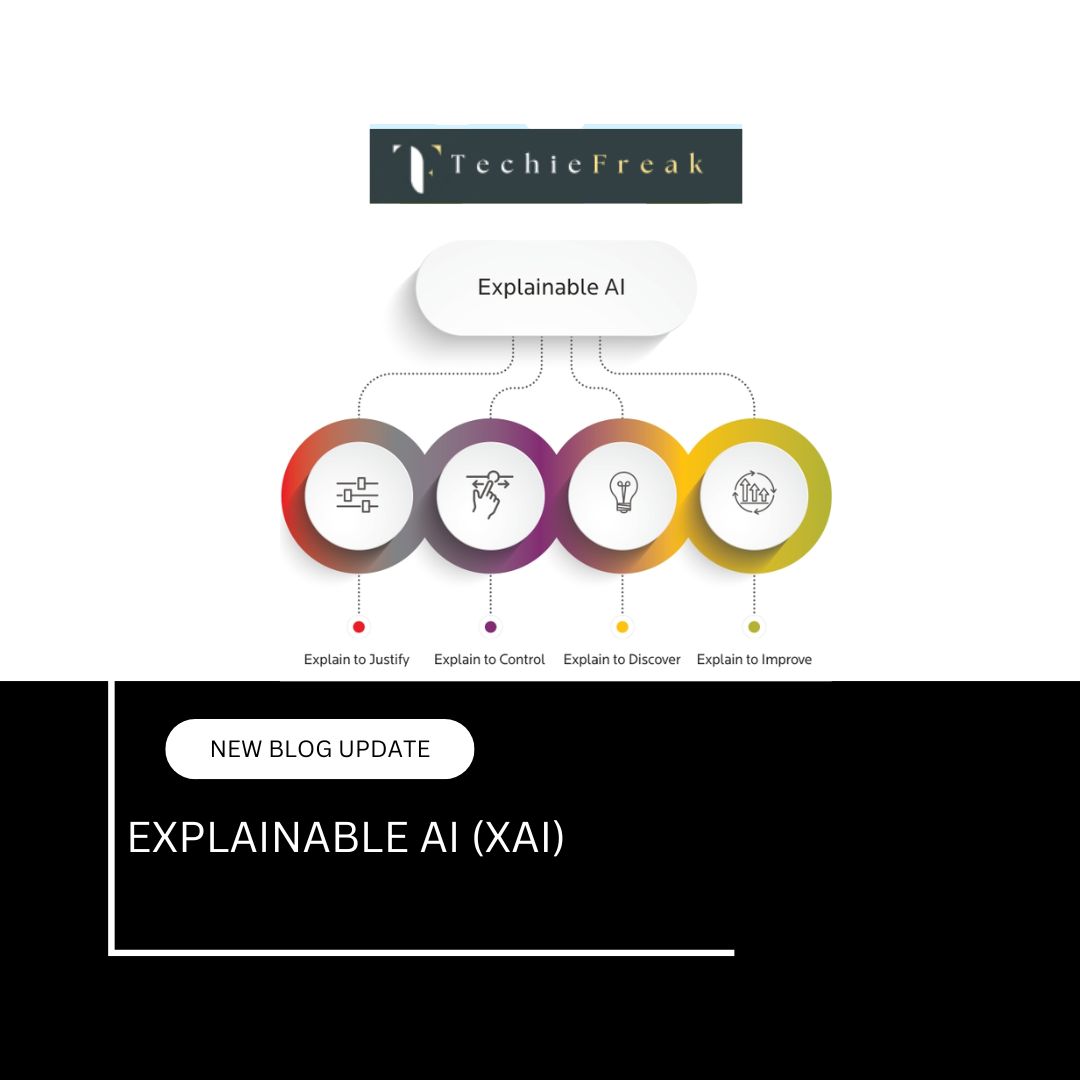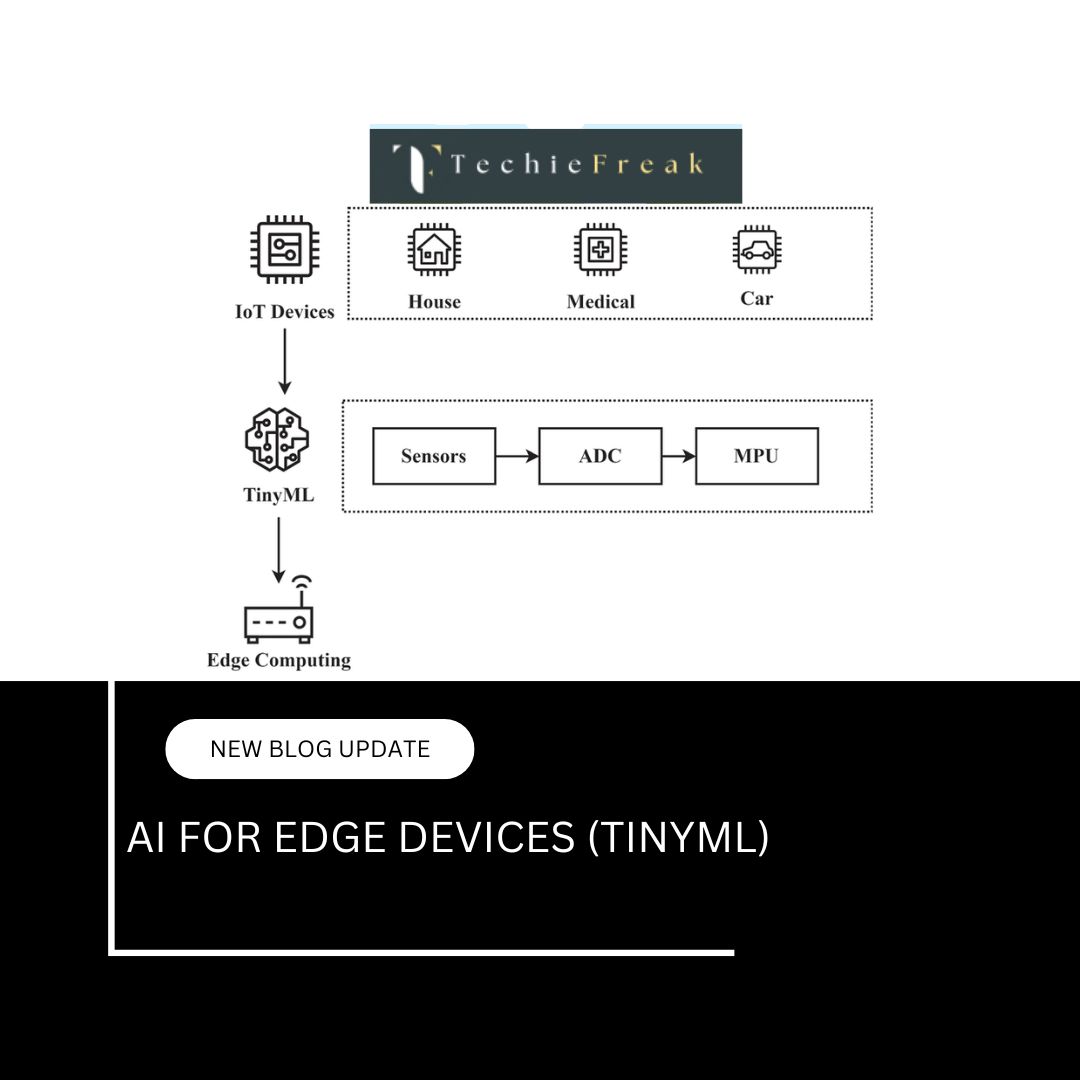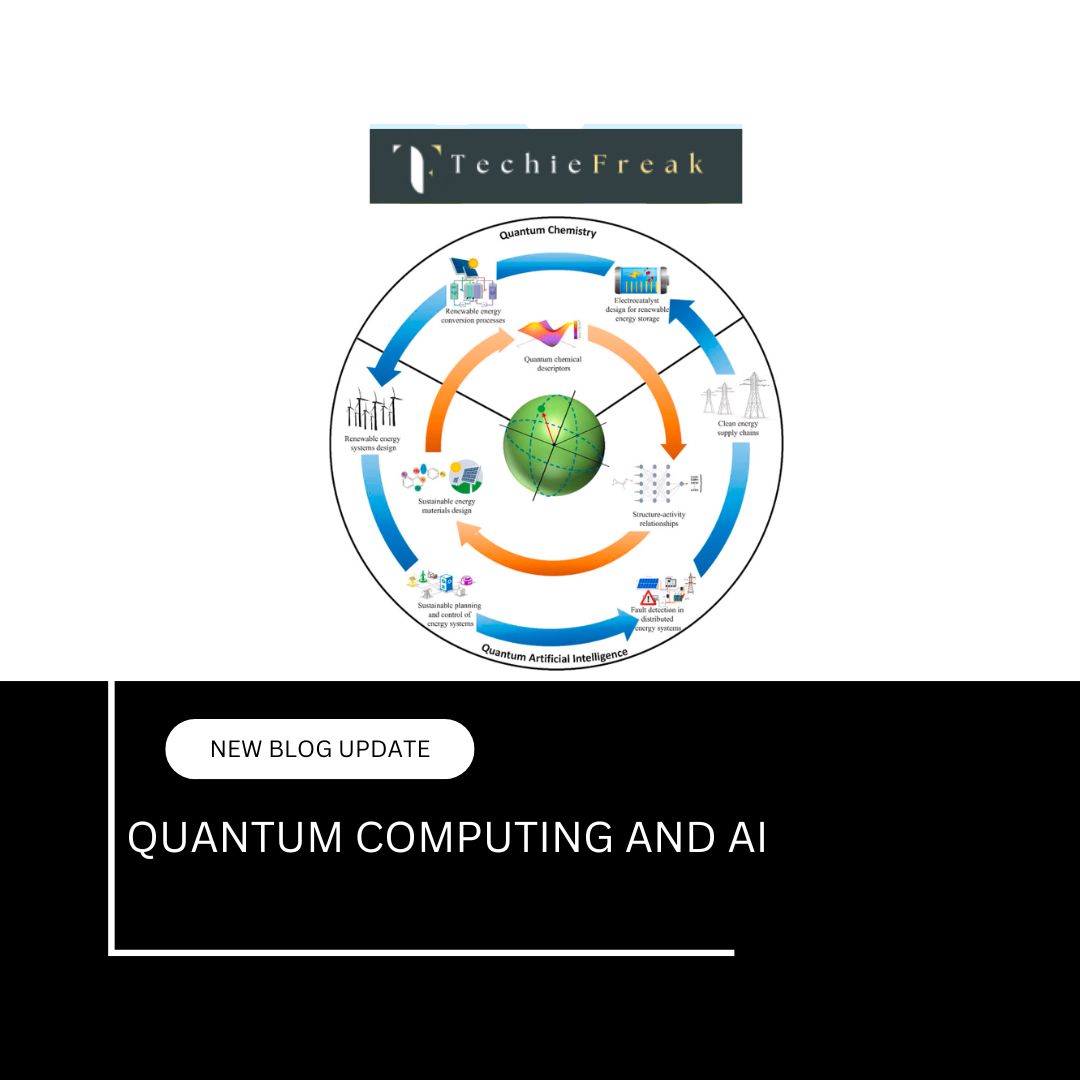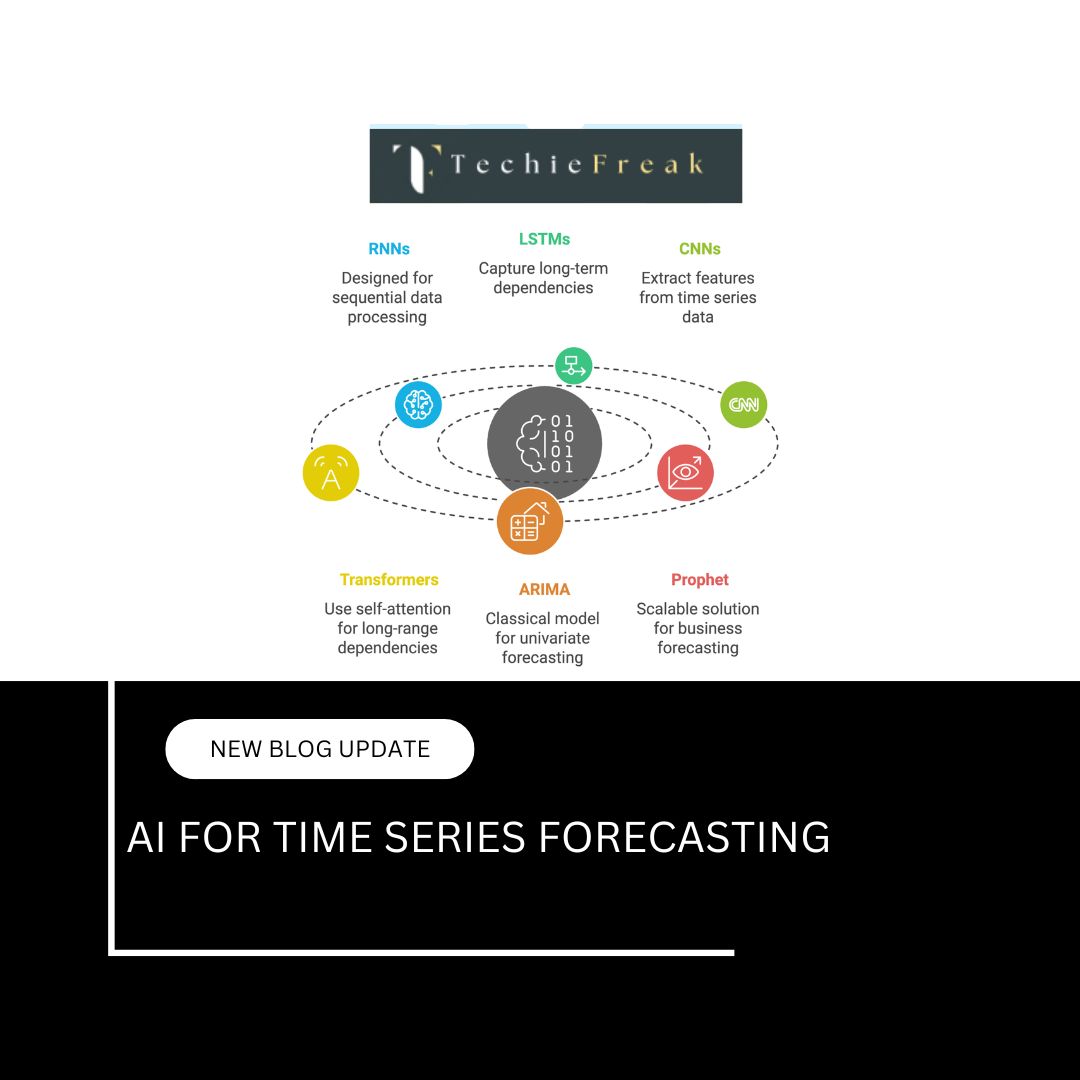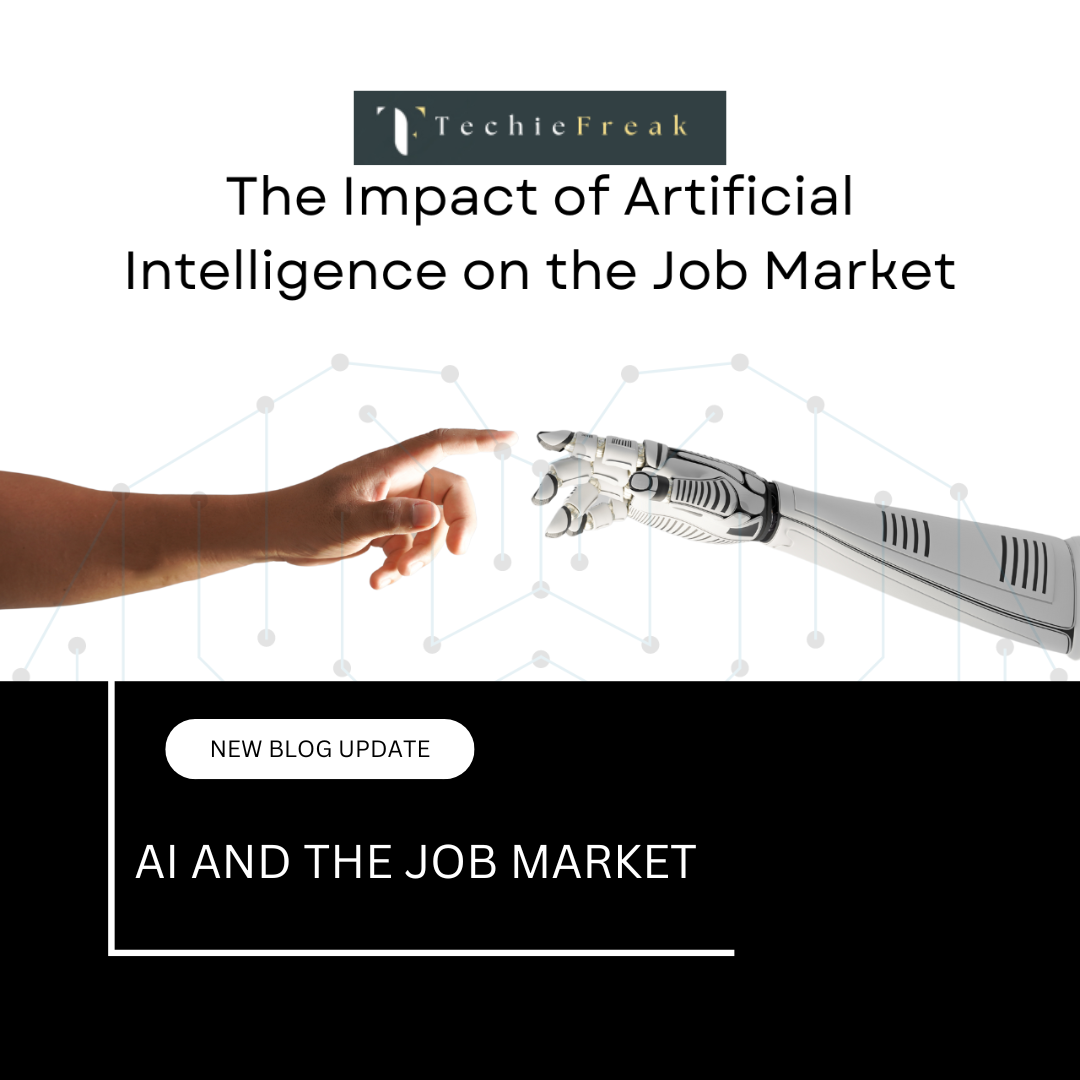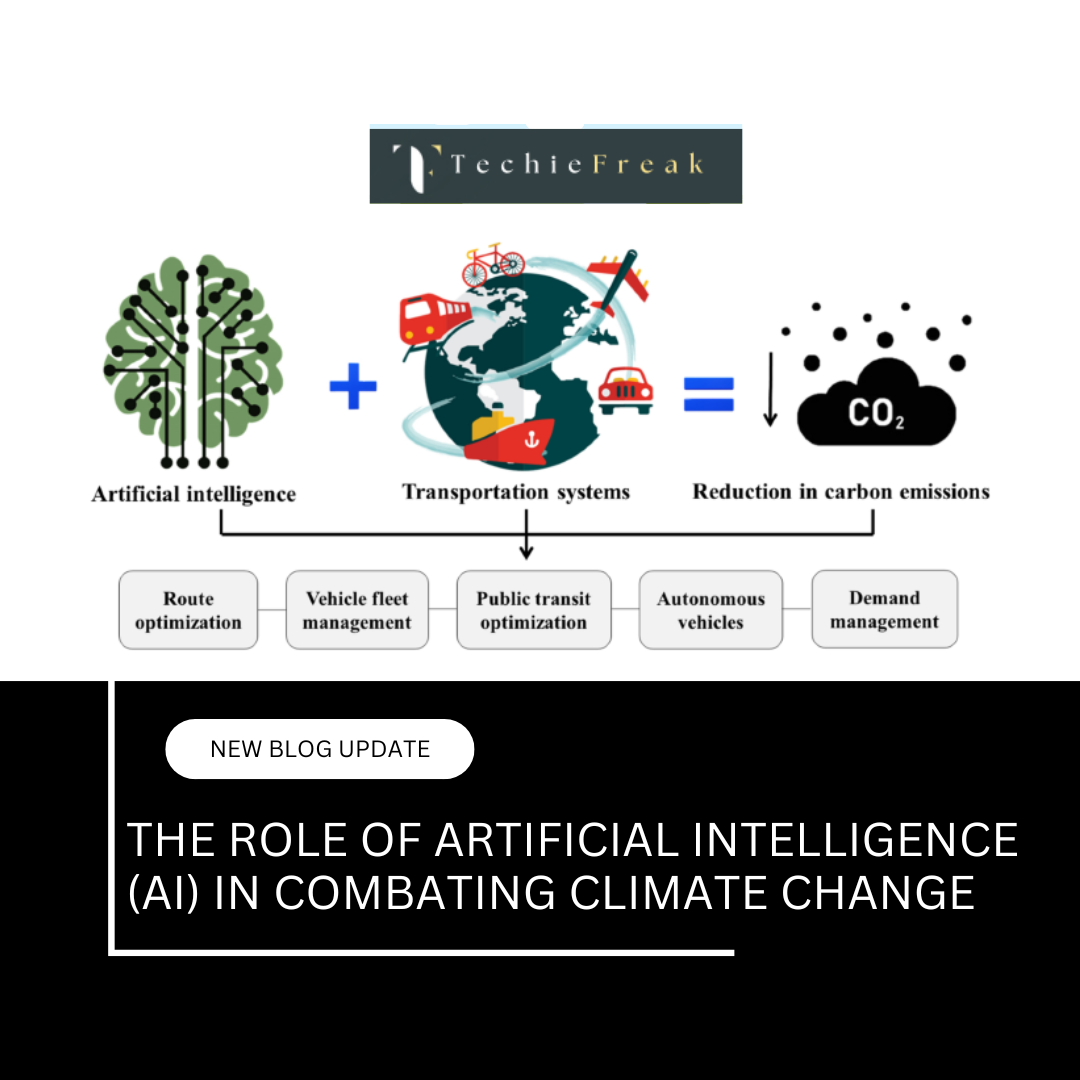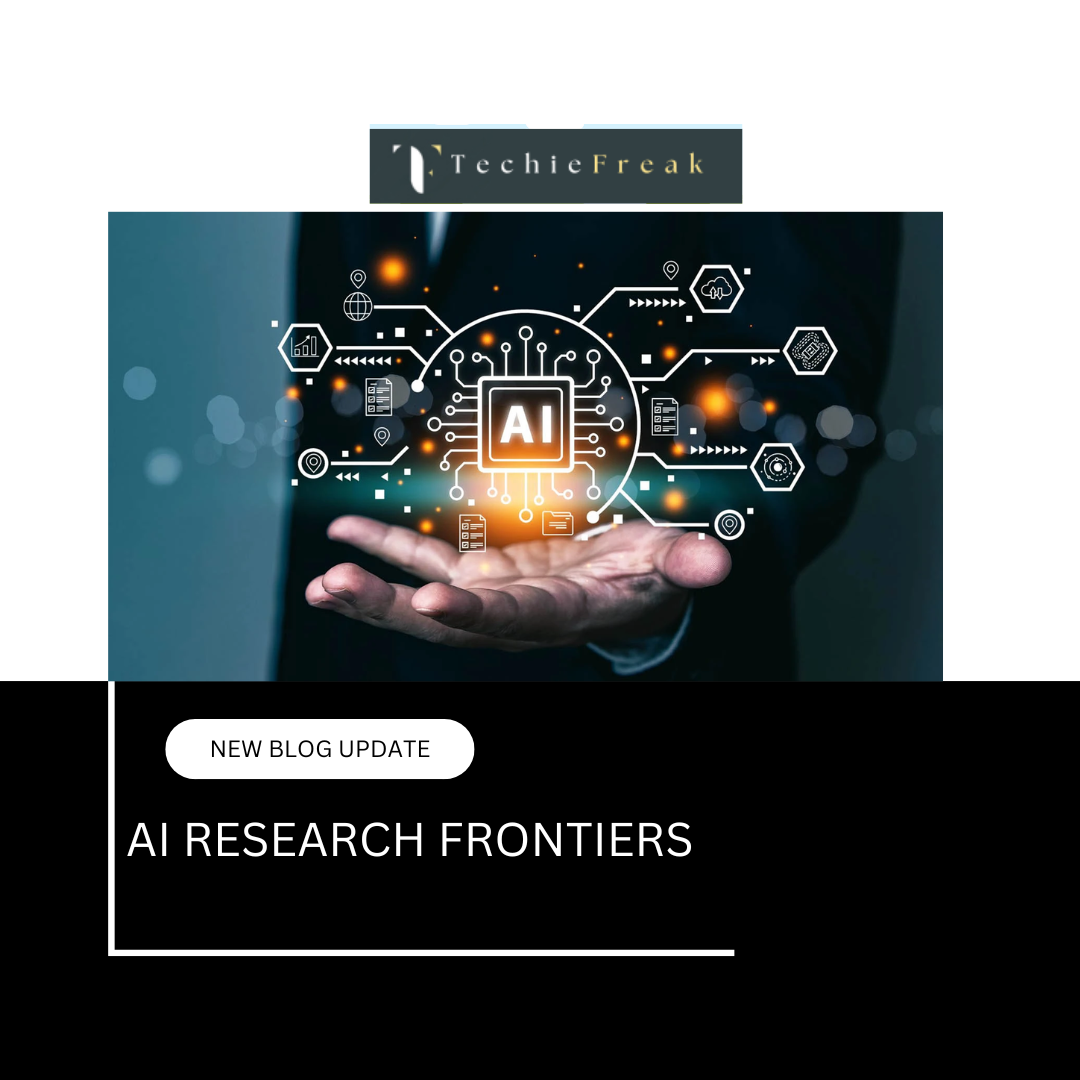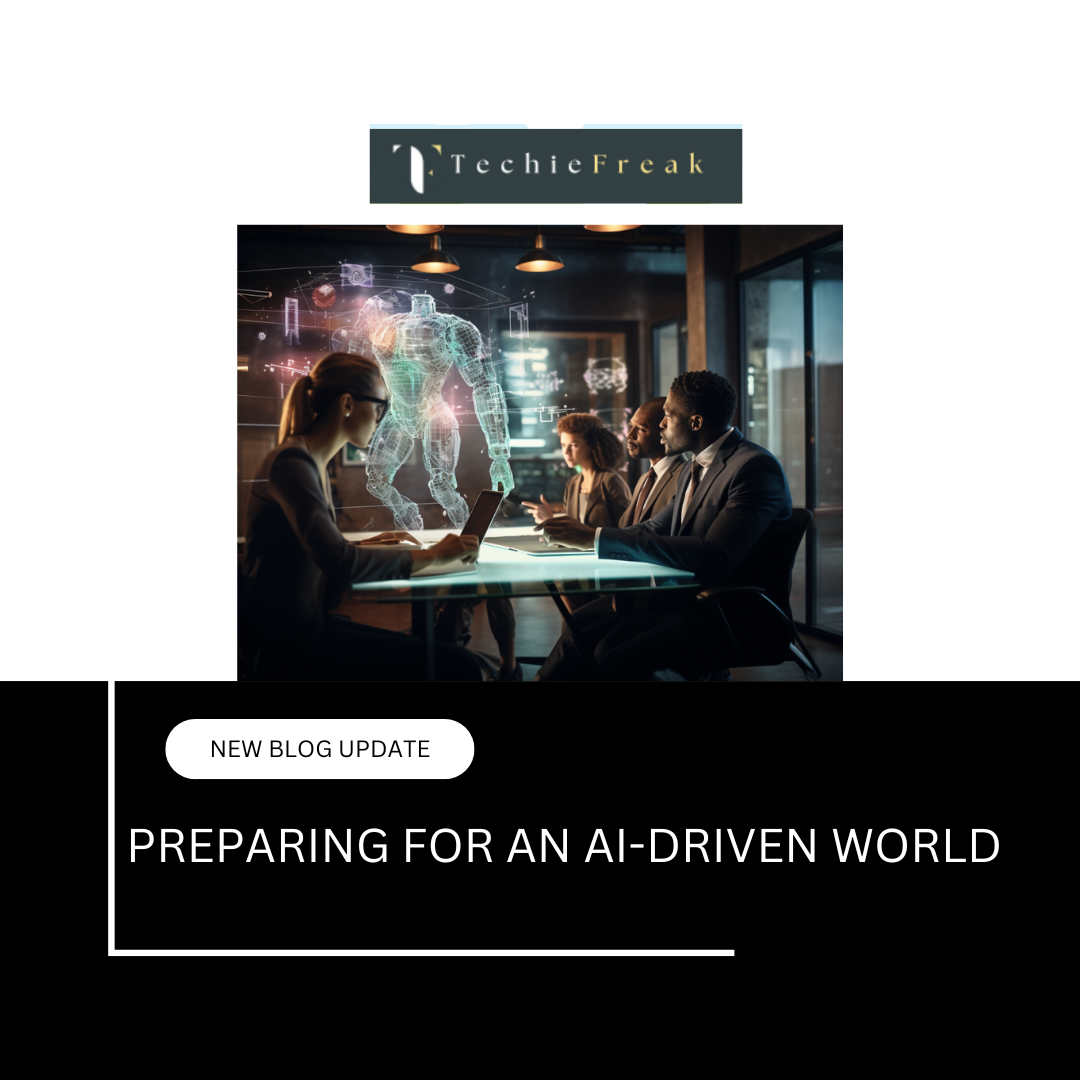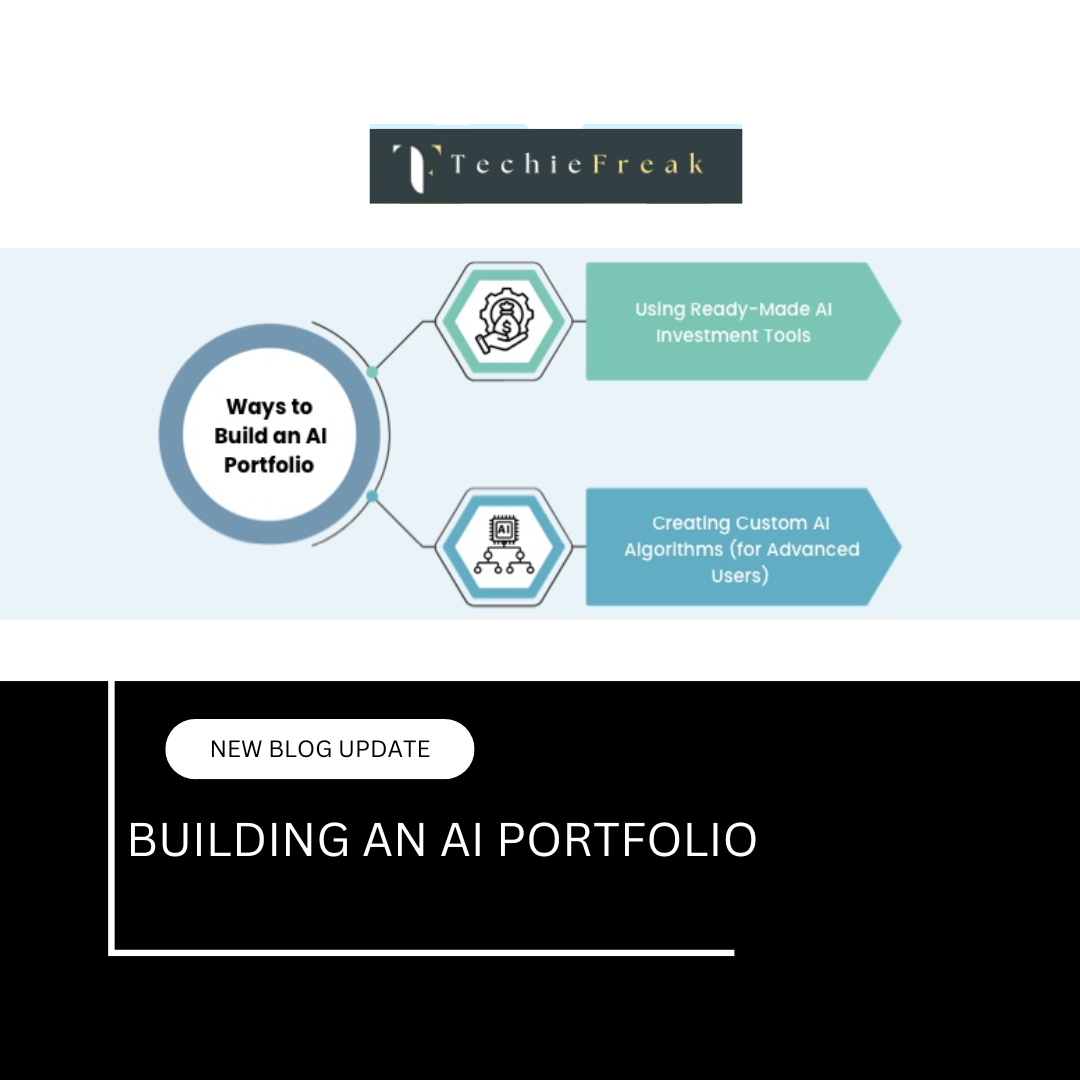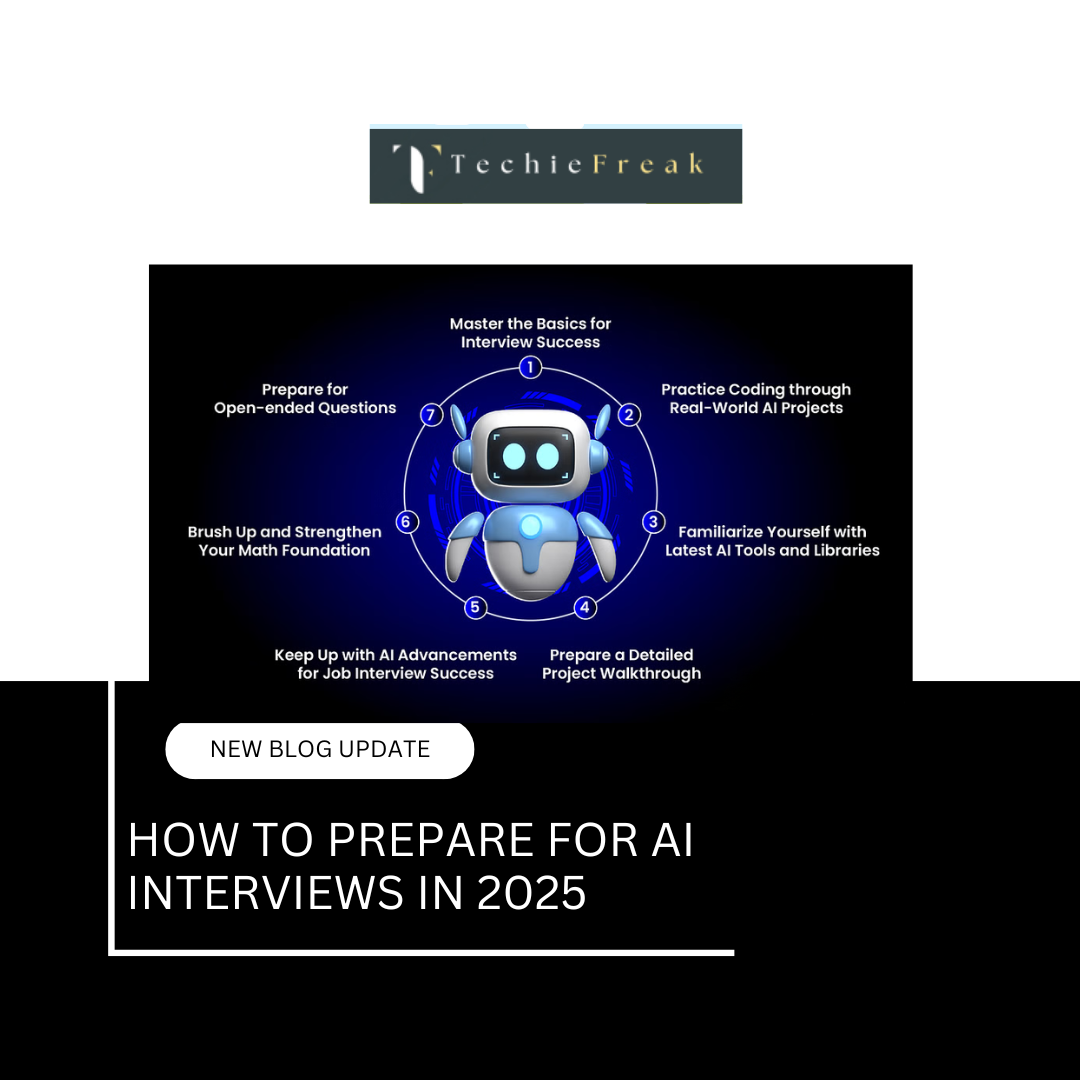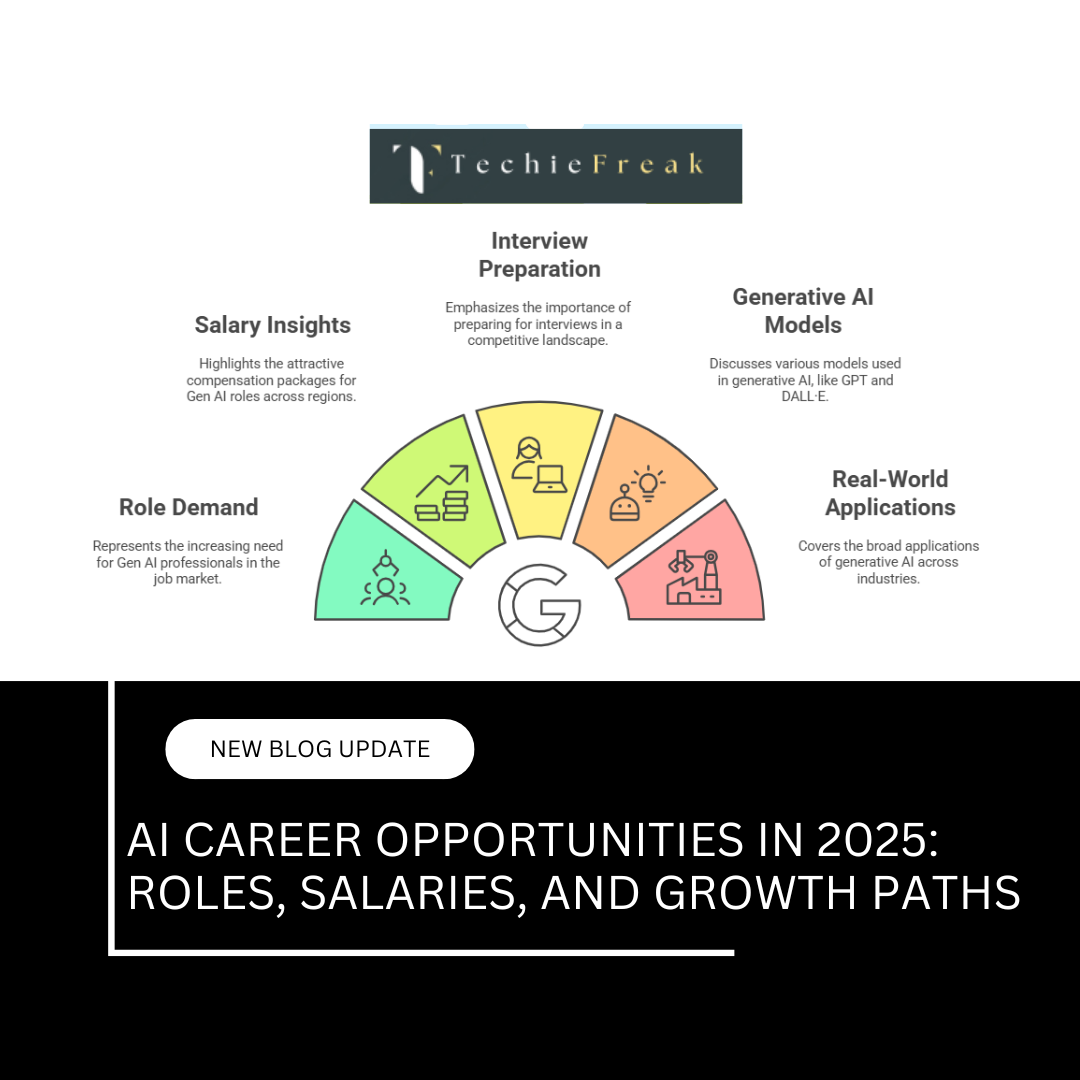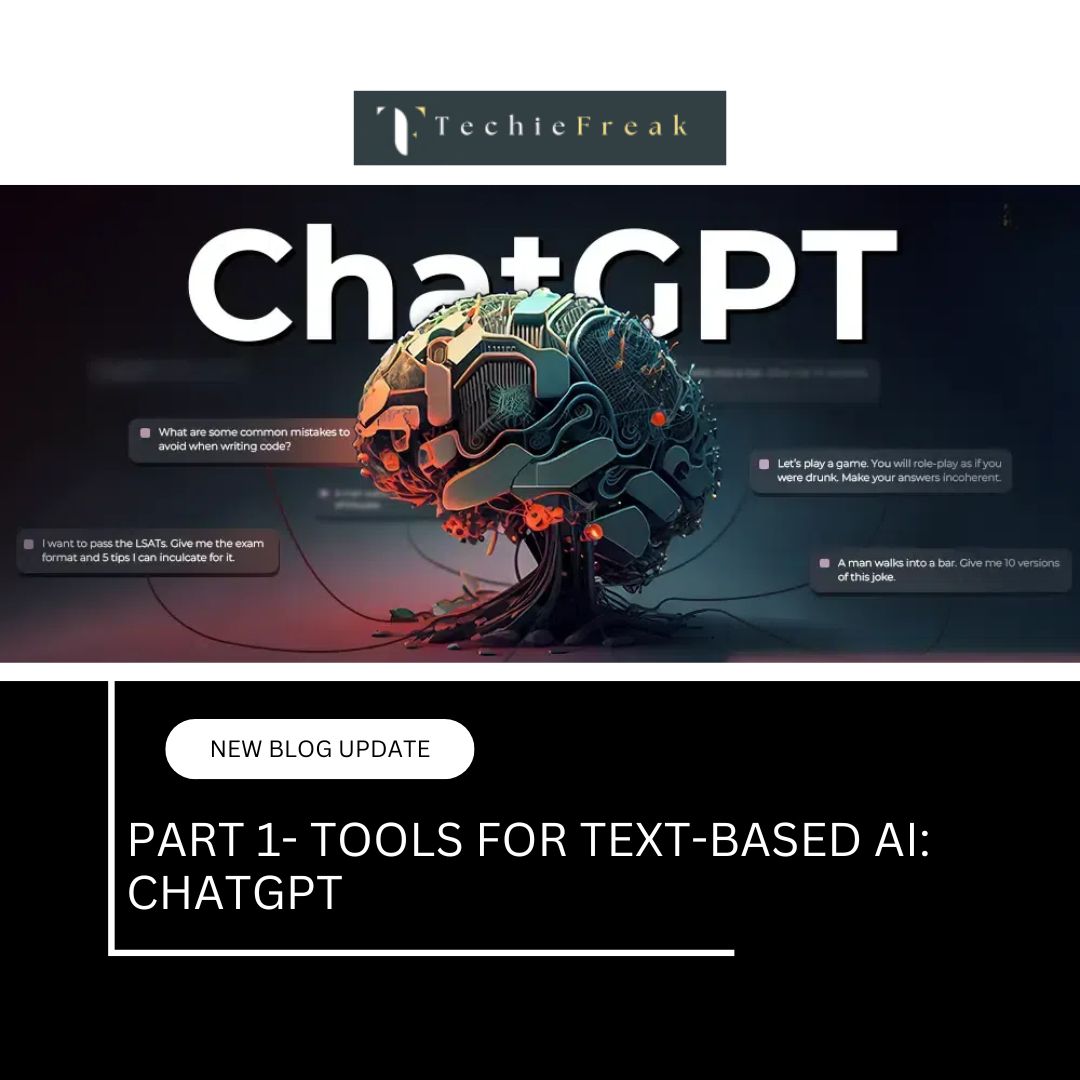Staying Updated in AI: Essential Strategies to Keep Up with Rapid Advancements
Introduction
Artificial Intelligence (AI) is one of the most rapidly advancing fields in technology today. From machine learning breakthroughs to new applications in healthcare and automation, staying current with the latest trends, tools, and research is essential for anyone involved in AI. But how do you keep pace with a field that's constantly evolving?
In this blog, we’ll explore strategies for staying updated in AI, whether you’re just starting your career or are already an AI professional looking to sharpen your expertise.
Why Is Staying Updated in AI Important?
- Technological Advancements: AI is growing at an exponential rate. New algorithms, tools, and technologies are being developed every year, making it crucial for professionals to stay informed.
- Competitive Advantage: The more up-to-date you are with the latest AI research and innovations, the more likely you are to remain competitive in the job market.
- Better Job Opportunities: Companies are constantly seeking professionals who understand the latest technologies and can apply them effectively.
- Improved Problem-Solving: Staying current allows you to tackle new challenges in AI, improving your decision-making, model-building, and deployment skills.
Top Strategies to Stay Updated in AI
1. Follow Industry Leaders and Researchers
AI is a dynamic and ever-evolving field, and the experts behind the advancements are usually very active on social media platforms and blogs. Following key thought leaders, such as:
- Geoffrey Hinton (Deep Learning Pioneer)
- Yann LeCun (Facebook’s Chief AI Scientist)
- Andrew Ng (Founder of Deeplearning.ai)
- Fei-Fei Li (Stanford Professor and Co-Director of the Stanford AI Lab)
These researchers and professionals often share insights about the latest AI breakthroughs, upcoming trends, and their own projects. They are also great sources of inspiration if you're building your own AI portfolio.
2. Engage with Online Communities and Forums
Being part of AI-focused communities is an excellent way to keep up with the latest trends, get advice, and learn from other experts in the field. Some popular platforms include:
- Reddit: Subreddits like r/MachineLearning and r/ArtificialIntelligence feature discussions on new developments, research papers, and breakthroughs.
- AI-focused Slack Groups and Discord Channels: Many AI professionals engage in discussions, share resources, and post updates in real-time.
- Stack Overflow: This platform has a community of AI developers who regularly exchange technical solutions, tips, and troubleshooting advice.
These platforms provide a wealth of knowledge and can often give you access to real-world applications of cutting-edge AI technologies.
3. Read AI Journals and Research Papers
Academic research papers and journals are at the heart of AI advancements. To stay updated, regularly read publications such as:
- arXiv: A popular online repository of research papers, covering a range of topics in machine learning, deep learning, and artificial intelligence.
- Nature Machine Intelligence: A peer-reviewed journal with articles on the latest developments in AI research.
- IEEE Transactions on Neural Networks and Learning Systems: A well-known journal with research papers on machine learning, neural networks, and AI applications.
You don’t have to read every paper, but regularly checking for the latest papers related to your area of interest can help you stay on top of the latest algorithms, models, and techniques.
4. Take Online Courses and Certifications
AI is one of those fields where learning never stops. To stay updated, take advantage of online courses and certifications. Platforms offering high-quality courses include:
- Coursera: Offers AI specializations from universities such as Stanford and Google AI, including courses from Andrew Ng.
- Udacity: Known for its AI Nanodegree programs, which provide a hands-on approach to learning AI.
- Fast.ai: A research-focused course that offers practical deep learning tutorials with a focus on building real-world projects.
These platforms not only offer updated learning material but also provide access to AI communities where you can exchange ideas and collaborate with peers.
5. Attend AI Conferences and Workshops
AI conferences provide a platform for professionals to network, learn about the latest research, and discuss real-world applications of AI. Some major AI conferences to consider attending (or following online) include:
- NeurIPS (Conference on Neural Information Processing Systems): A key event for AI and machine learning researchers to present their work.
- ICML (International Conference on Machine Learning): Another leading conference for machine learning.
- CES (Consumer Electronics Show): While more consumer-focused, CES has growing AI content, especially in tech hardware.
- AI Expo & Summit: Global events that focus on AI applications in business and industry, providing insights into the commercial use of AI.
Conferences are also excellent for networking, finding mentors, and learning about job opportunities or AI-related startups.
6. Subscribe to AI Newsletters
Many AI experts and companies offer newsletters that deliver curated content directly to your inbox. Subscribing to relevant newsletters ensures that you get the latest developments, trends, and tutorials. Some notable newsletters include:
- The Batch by Deeplearning.ai: A weekly newsletter that provides an overview of the most important news in AI.
- AI Weekly: A curated newsletter offering the latest AI-related articles, blog posts, and research.
- Import AI: A newsletter by Jack Clark (OpenAI) that focuses on the economic, technical, and policy aspects of AI.
Newsletters are great because they deliver the most relevant content in one place, saving you time.
Key AI Trends to Watch Out for in 2025
Staying updated is also about understanding the direction AI is heading in. In 2025, some key AI trends to keep an eye on include:
- Generative AI: From GPT-based models to AI-generated artwork, generative AI is revolutionizing creativity and content production.
- AI in Healthcare: Expect more advancements in diagnostic tools, precision medicine, and AI-driven drug discovery.
- Ethical AI: With concerns about bias and transparency, AI ethics will become an increasingly important focus for developers and policymakers.
- AI in Automation: Robotics and autonomous systems will see significant growth in industries like manufacturing, logistics, and agriculture.
By staying updated on these trends, you can position yourself to take advantage of new opportunities in emerging AI fields.
Conclusion
The AI landscape is vast, and keeping up with all the latest developments can seem like a daunting task. However, by following a few core strategies — from engaging with experts and communities to reading research papers and taking courses — you can ensure that you remain at the cutting edge of AI in 2025.
Remember, the AI field is not only about technology but also about continuous learning. So, keep experimenting, building projects, and connecting with like-minded individuals, and you'll always be ahead of the curve in this exciting field.
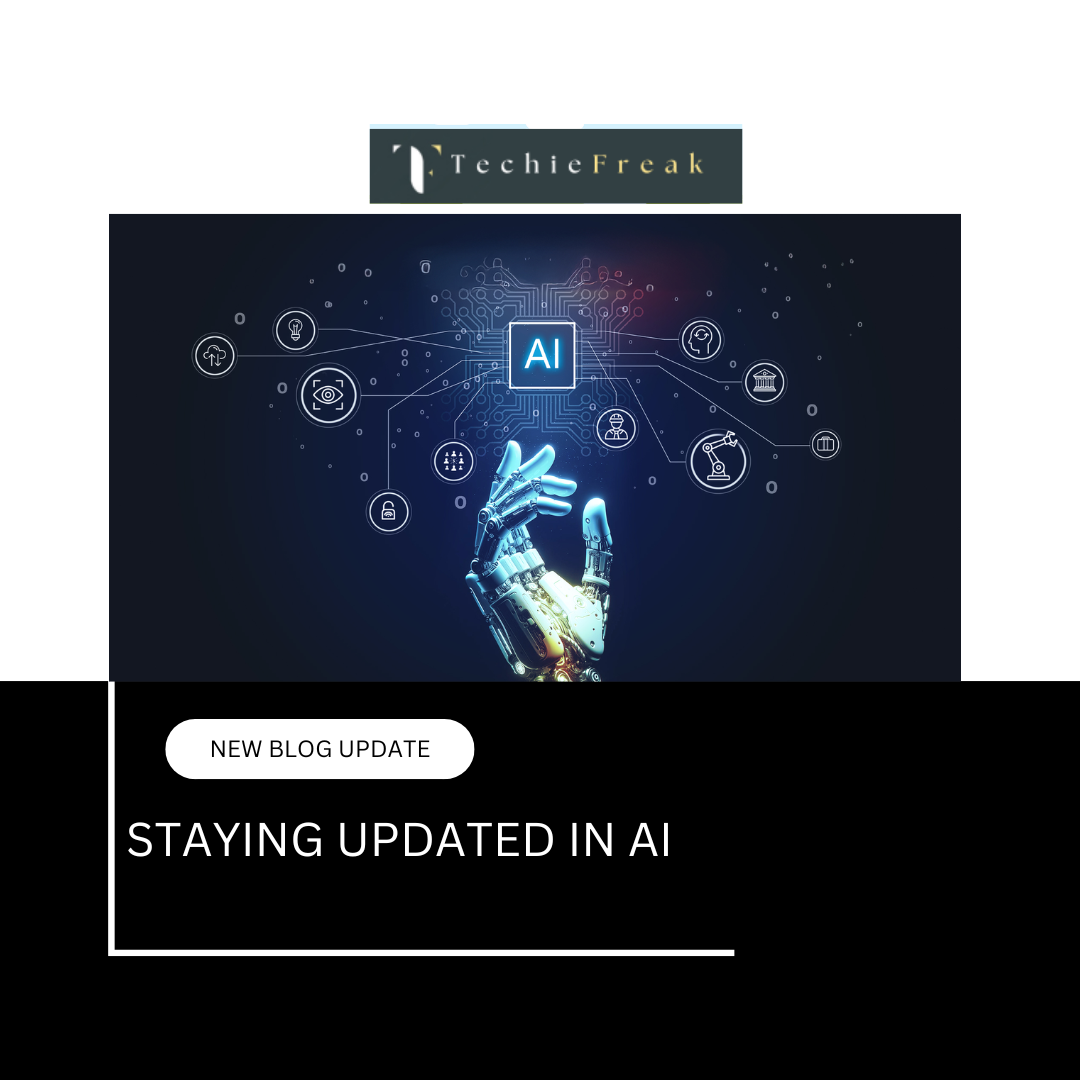

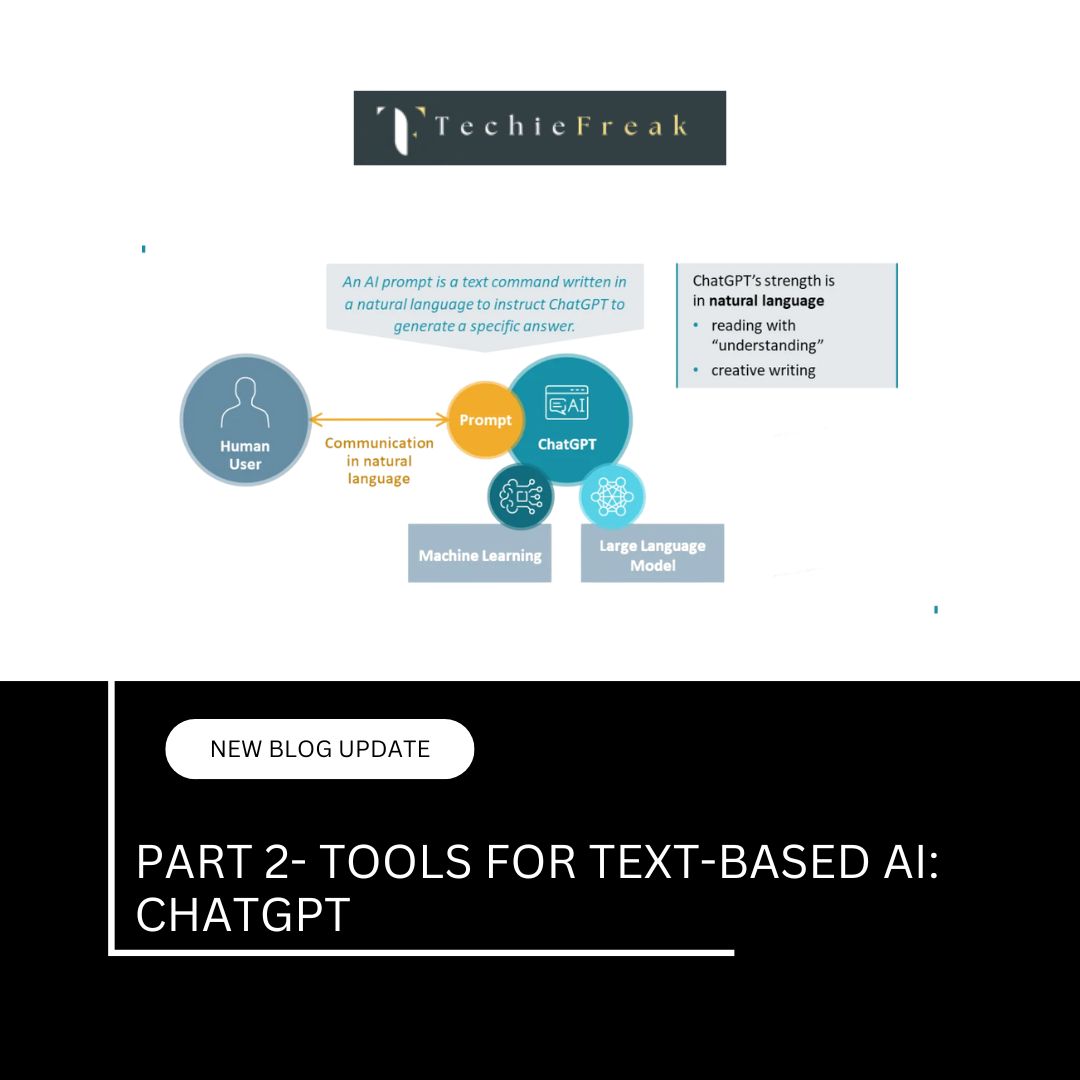
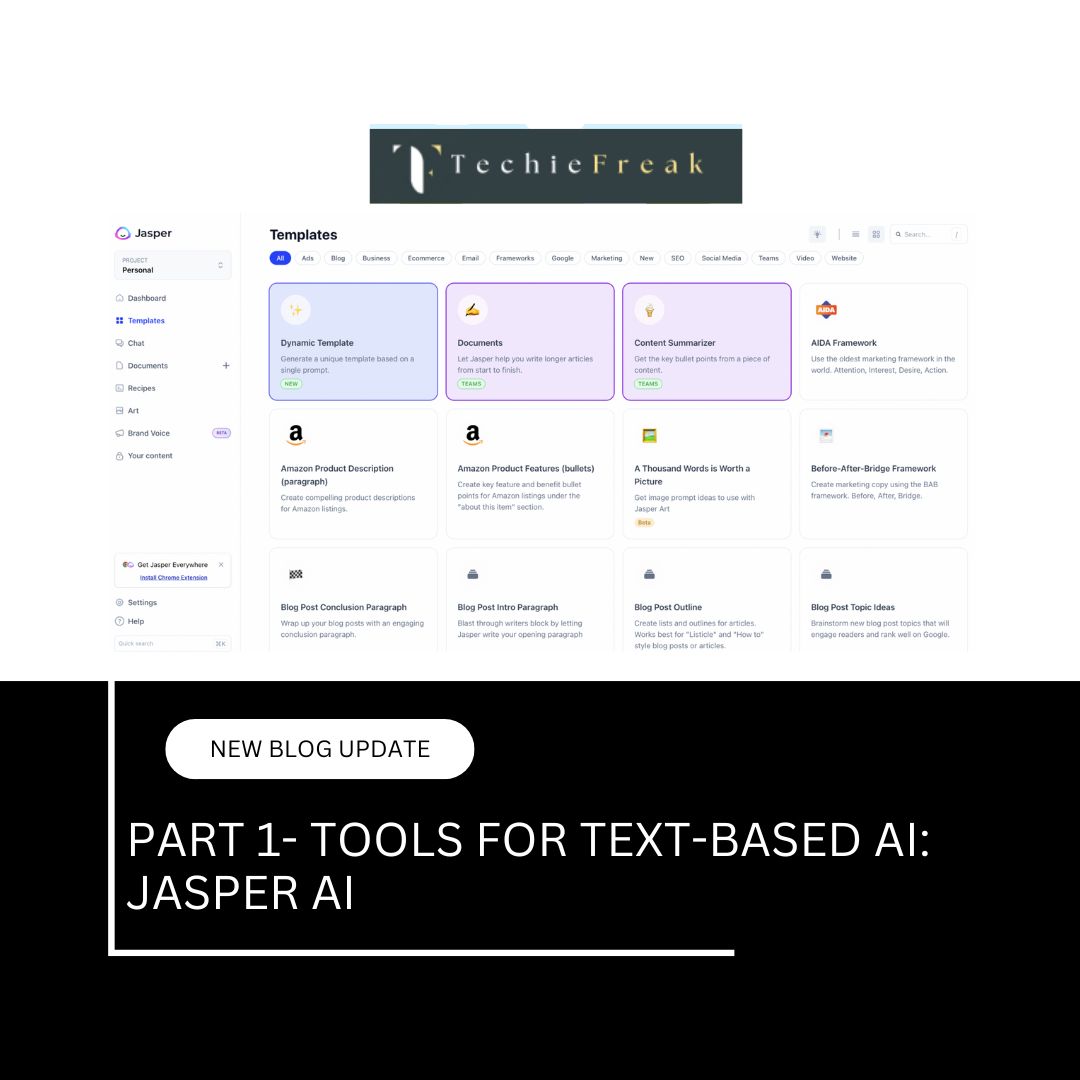
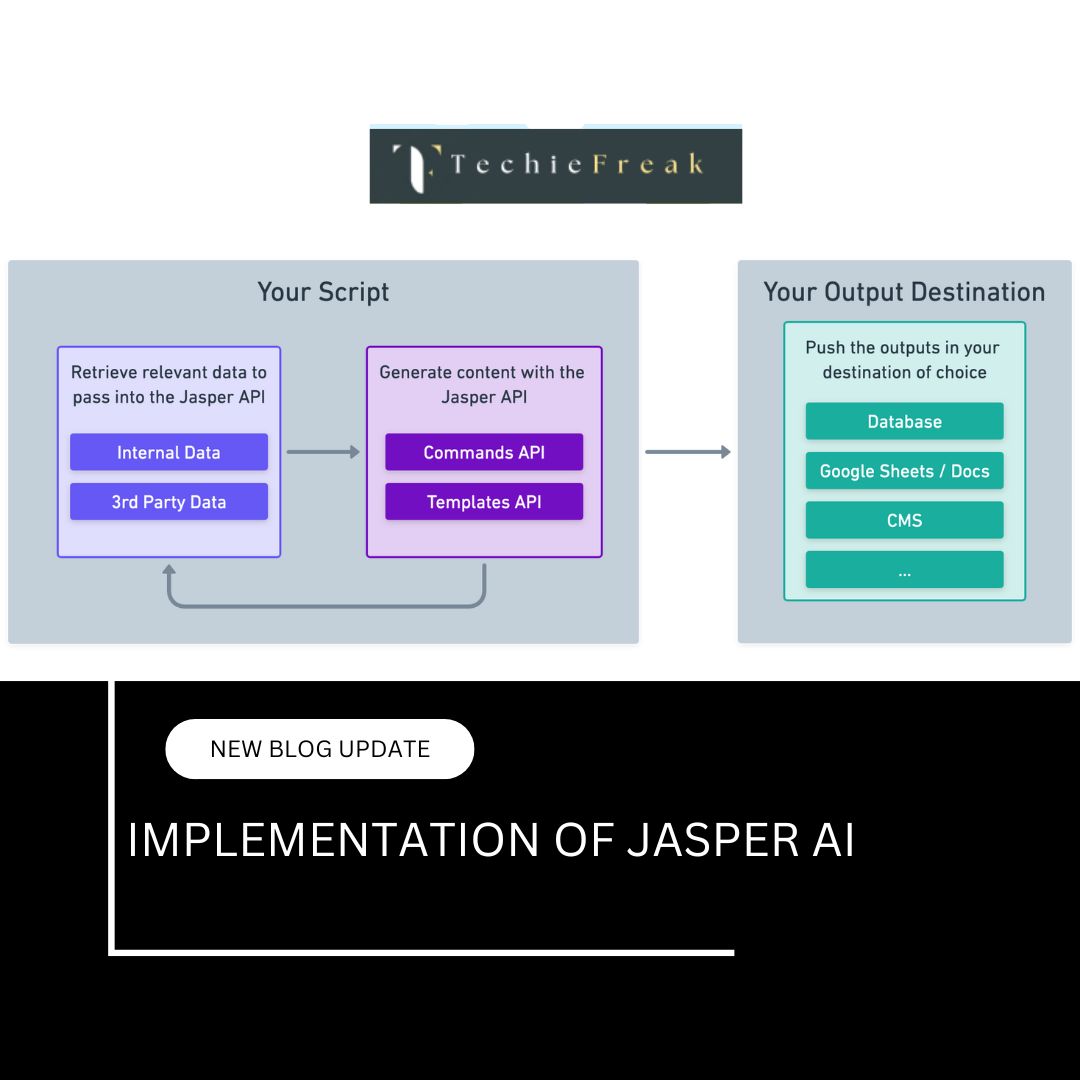
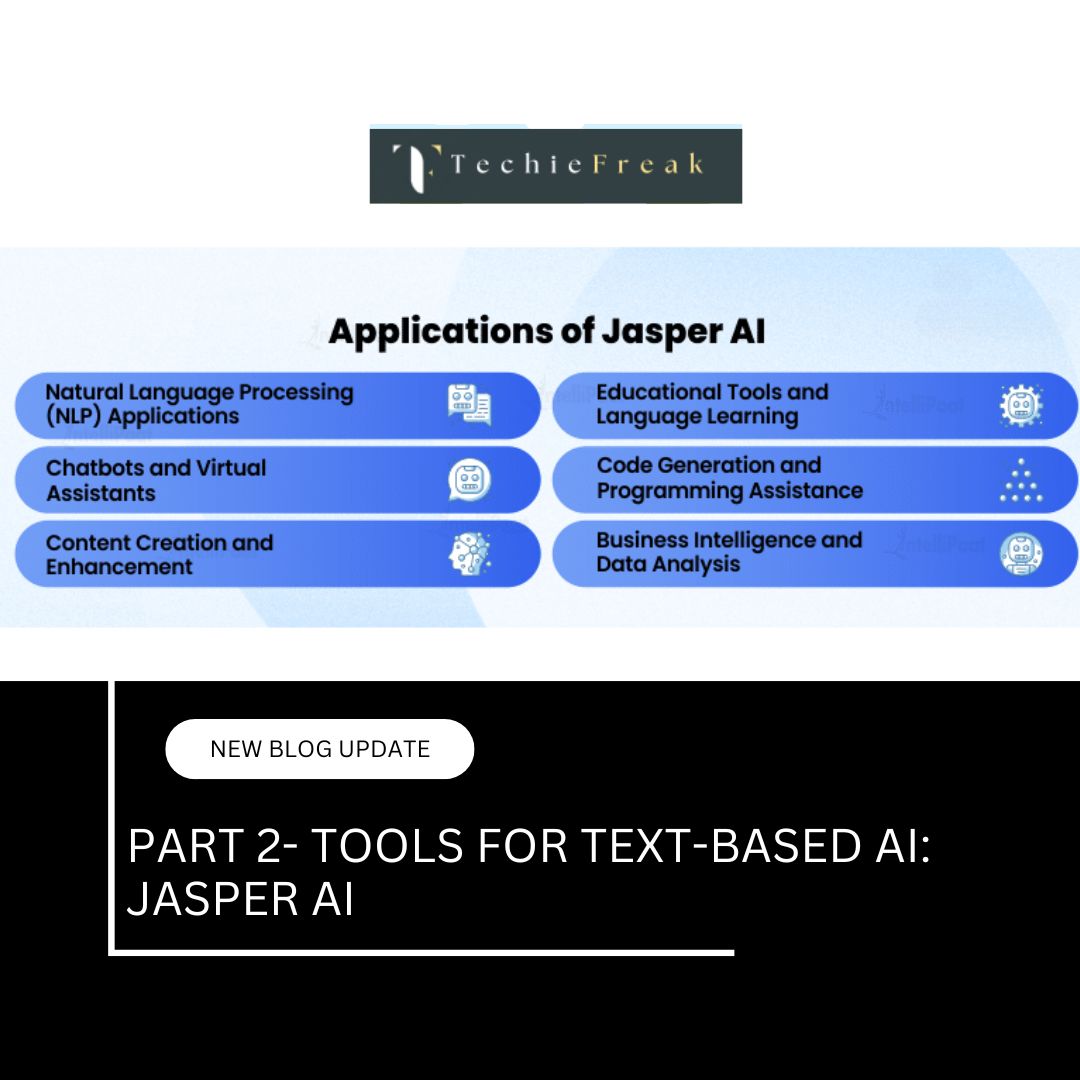
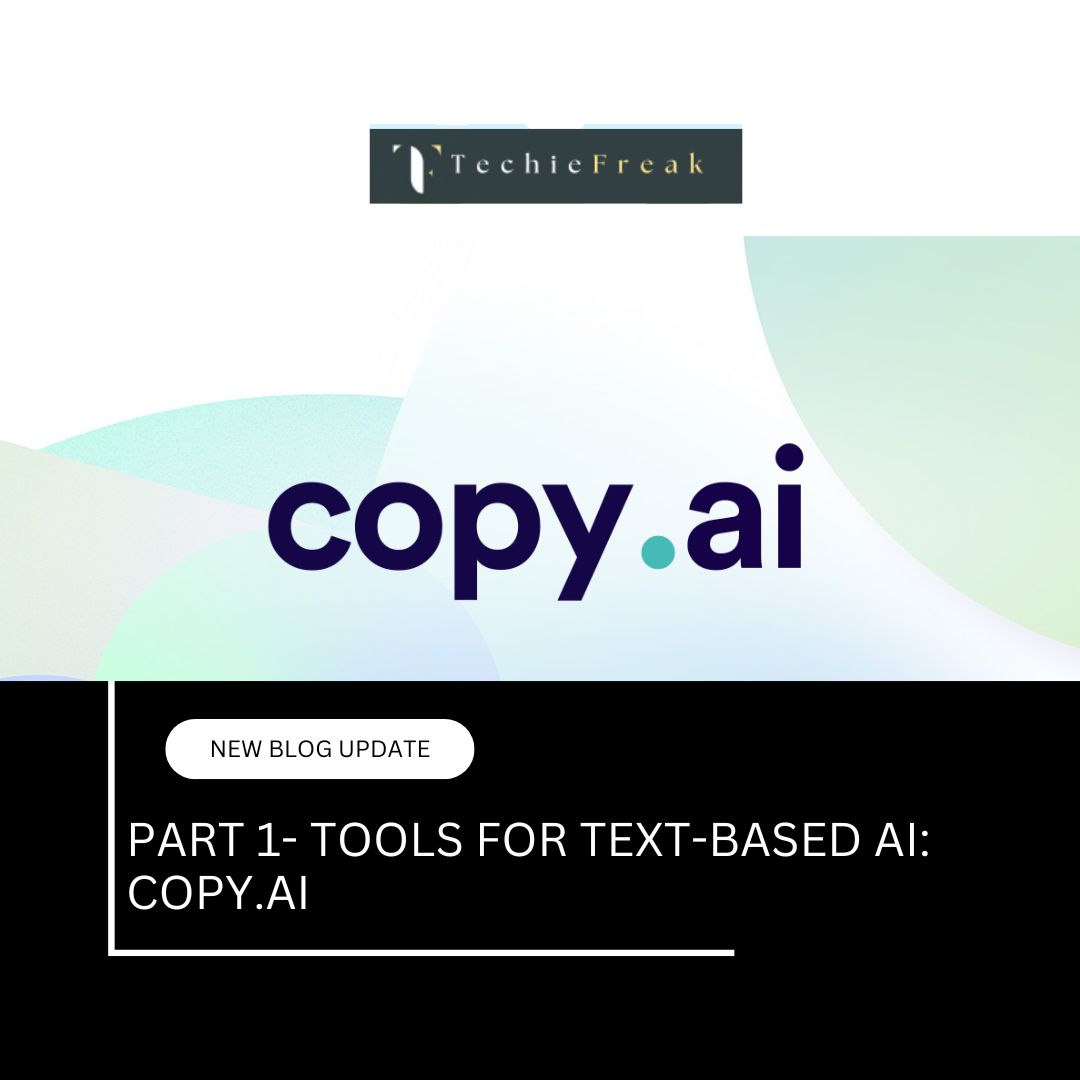
.jpg)
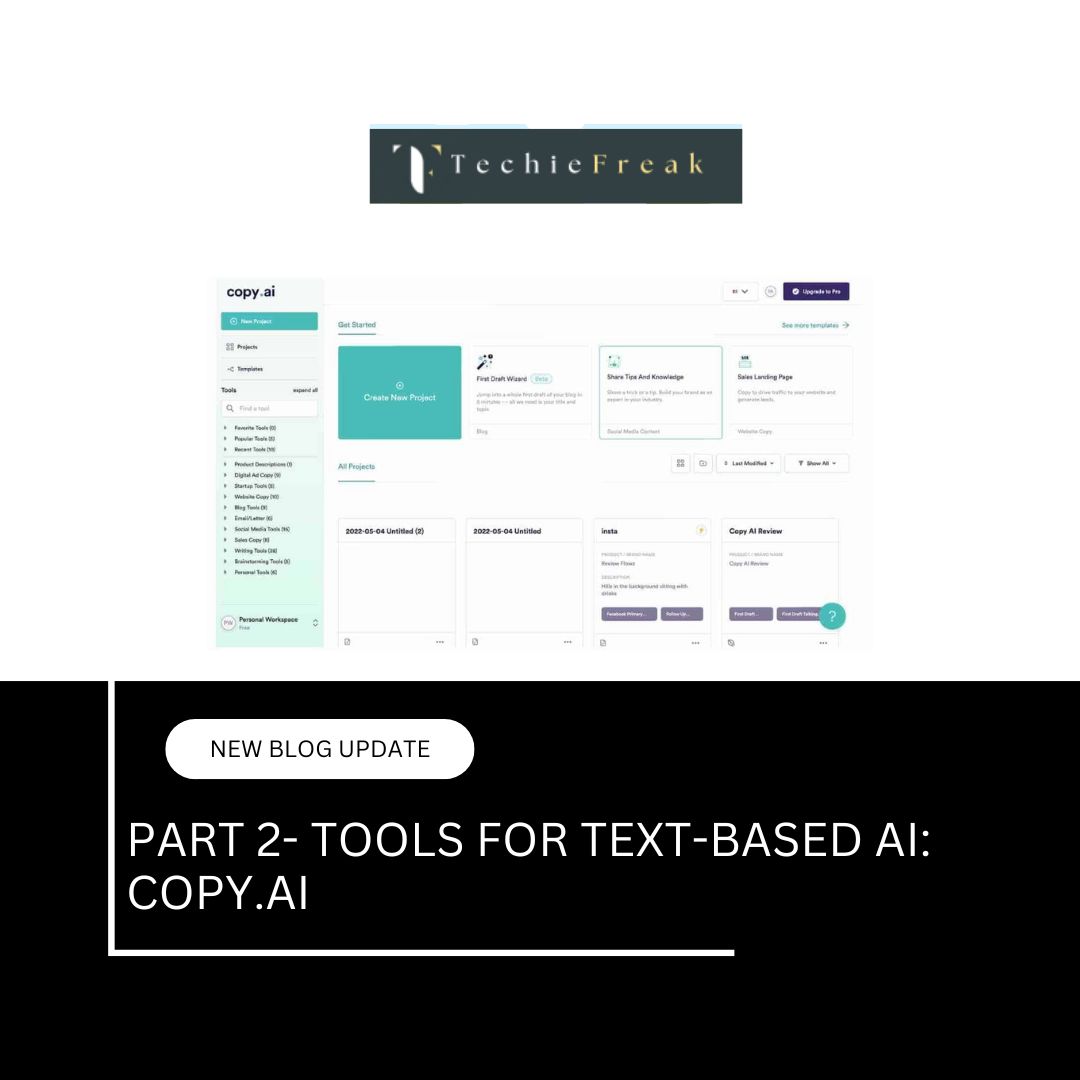
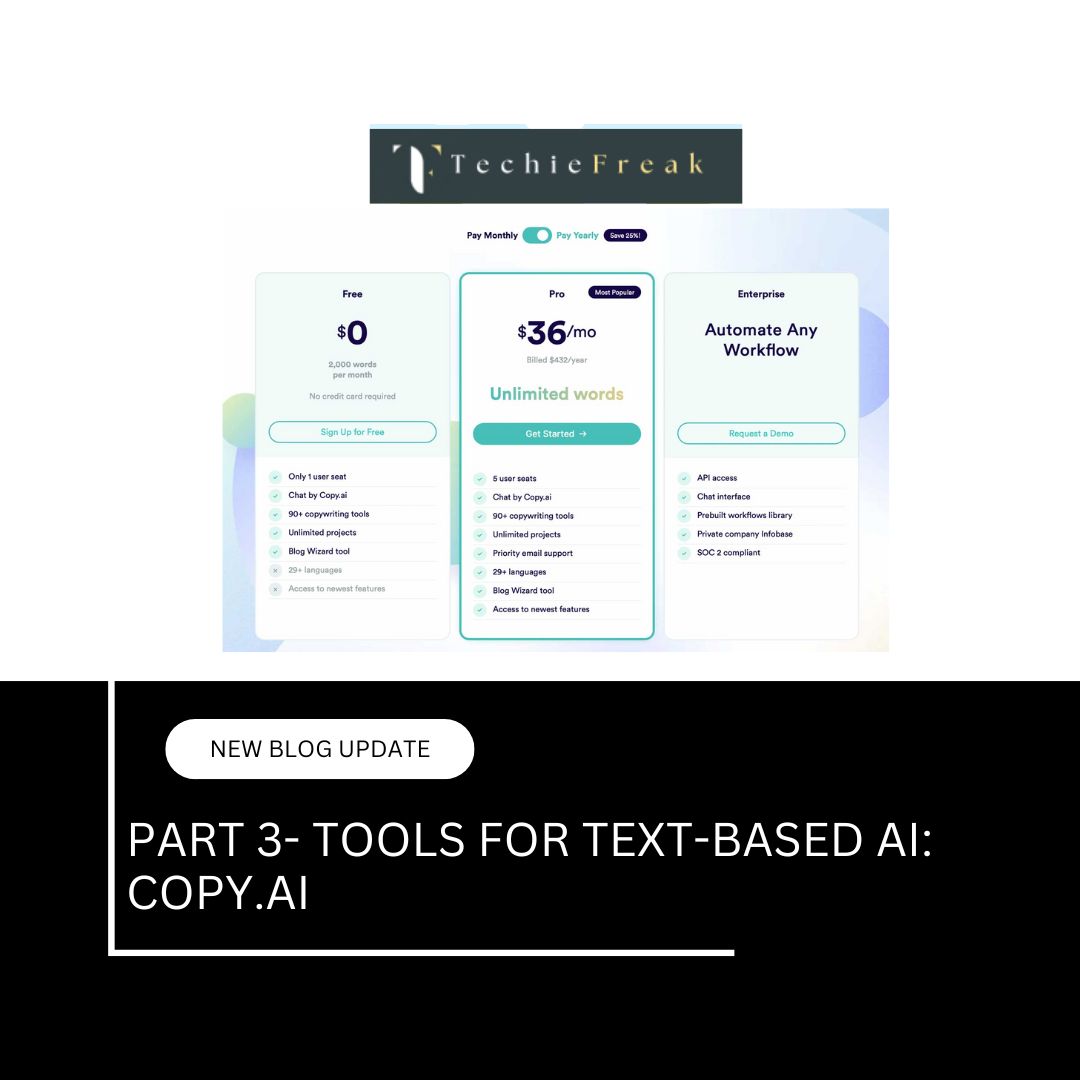
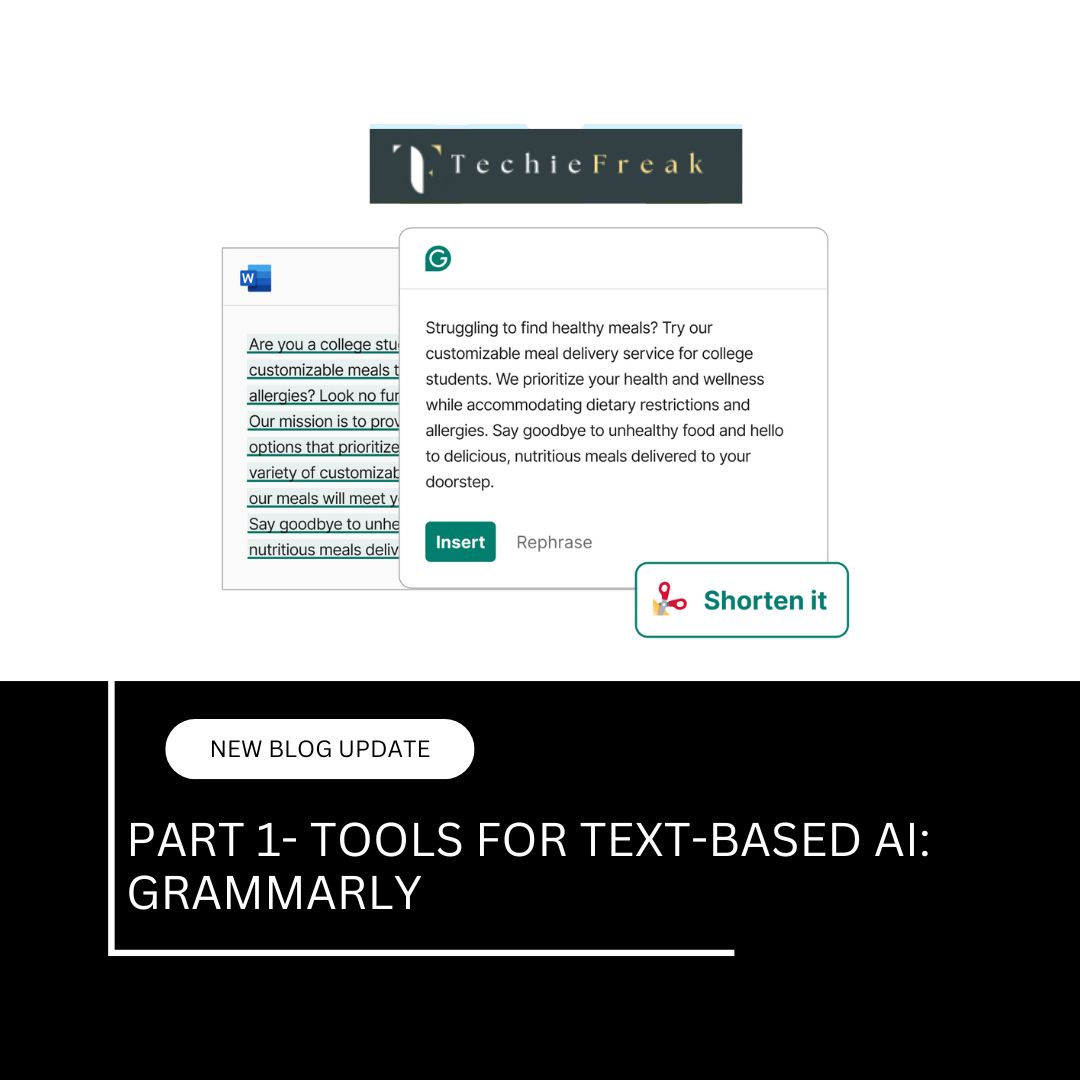
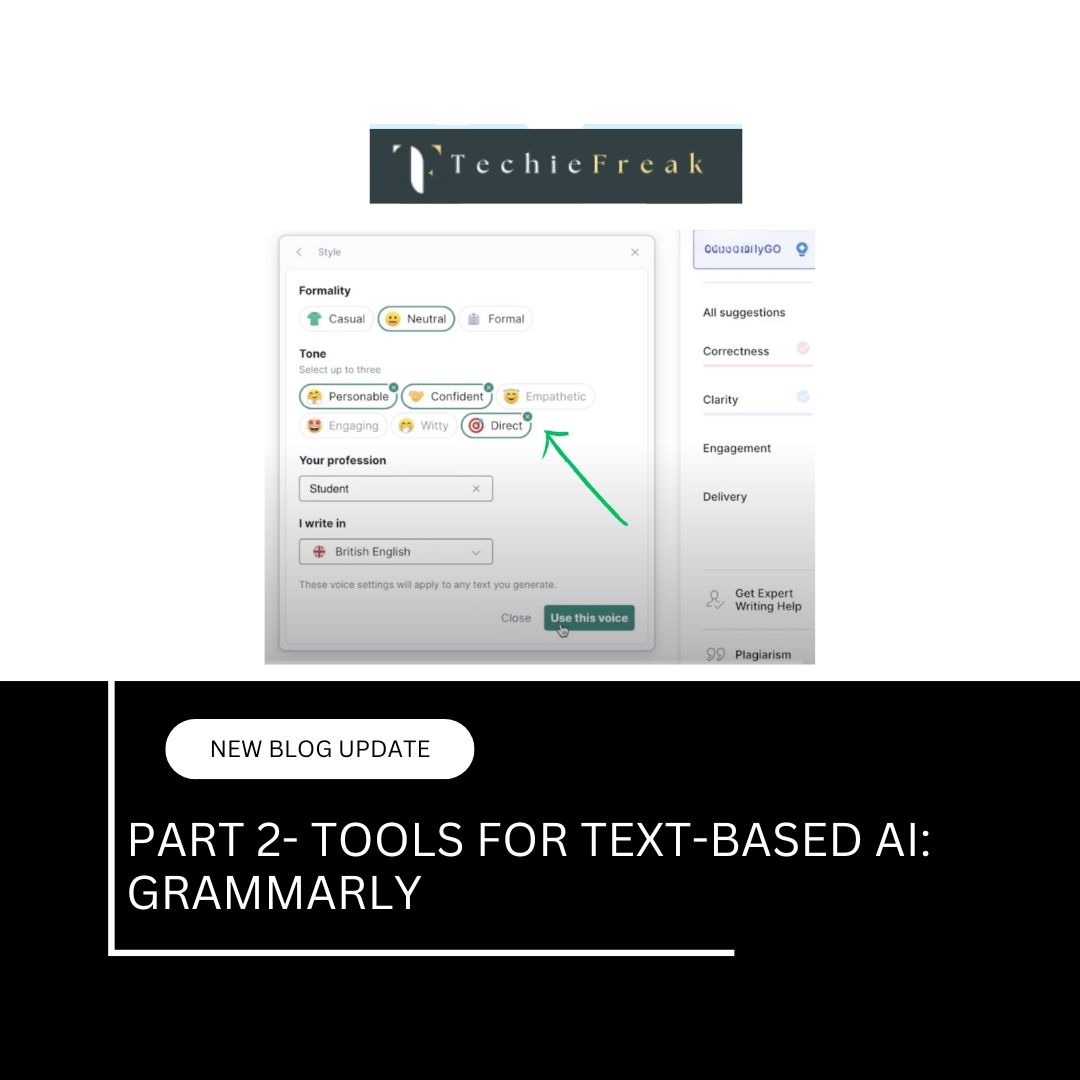
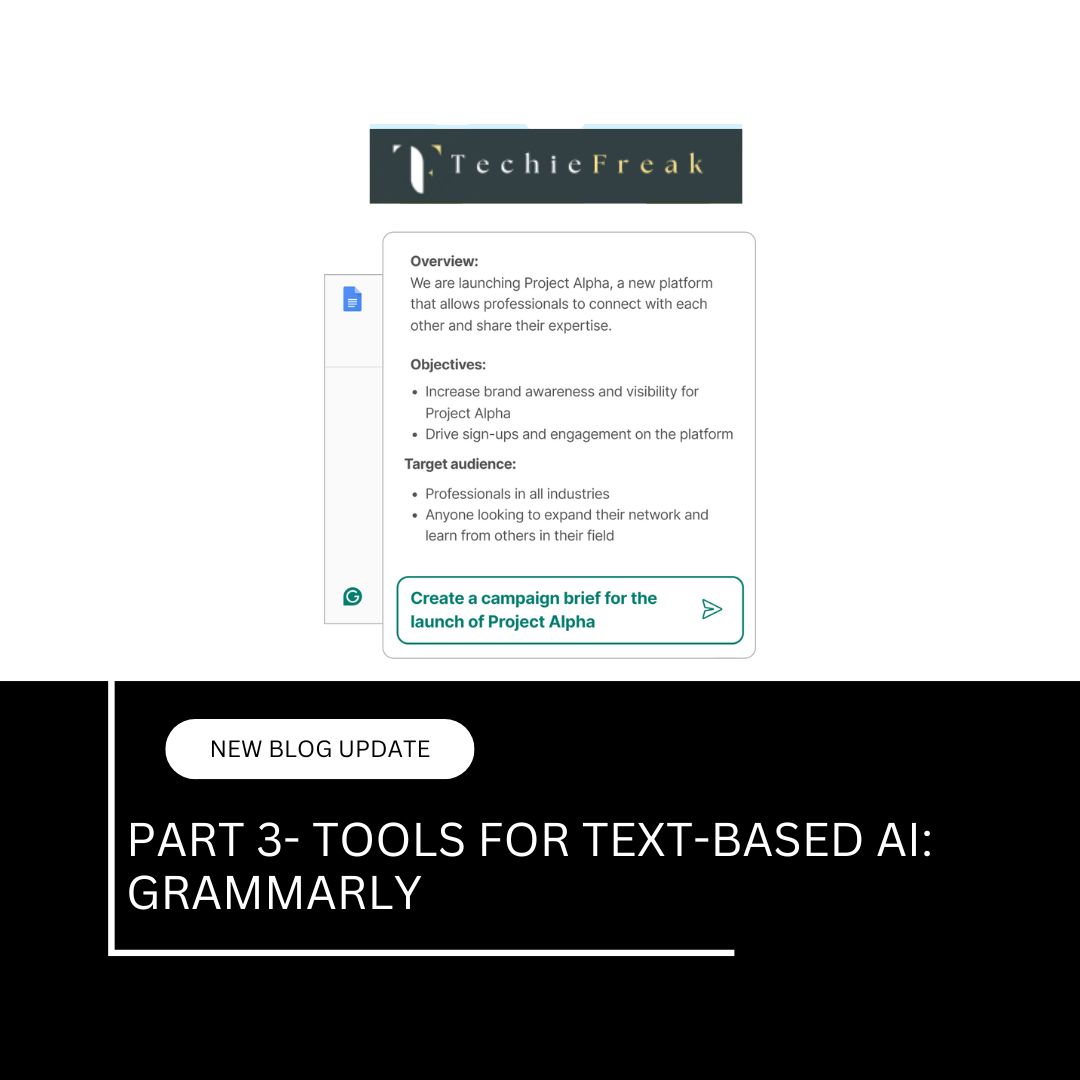
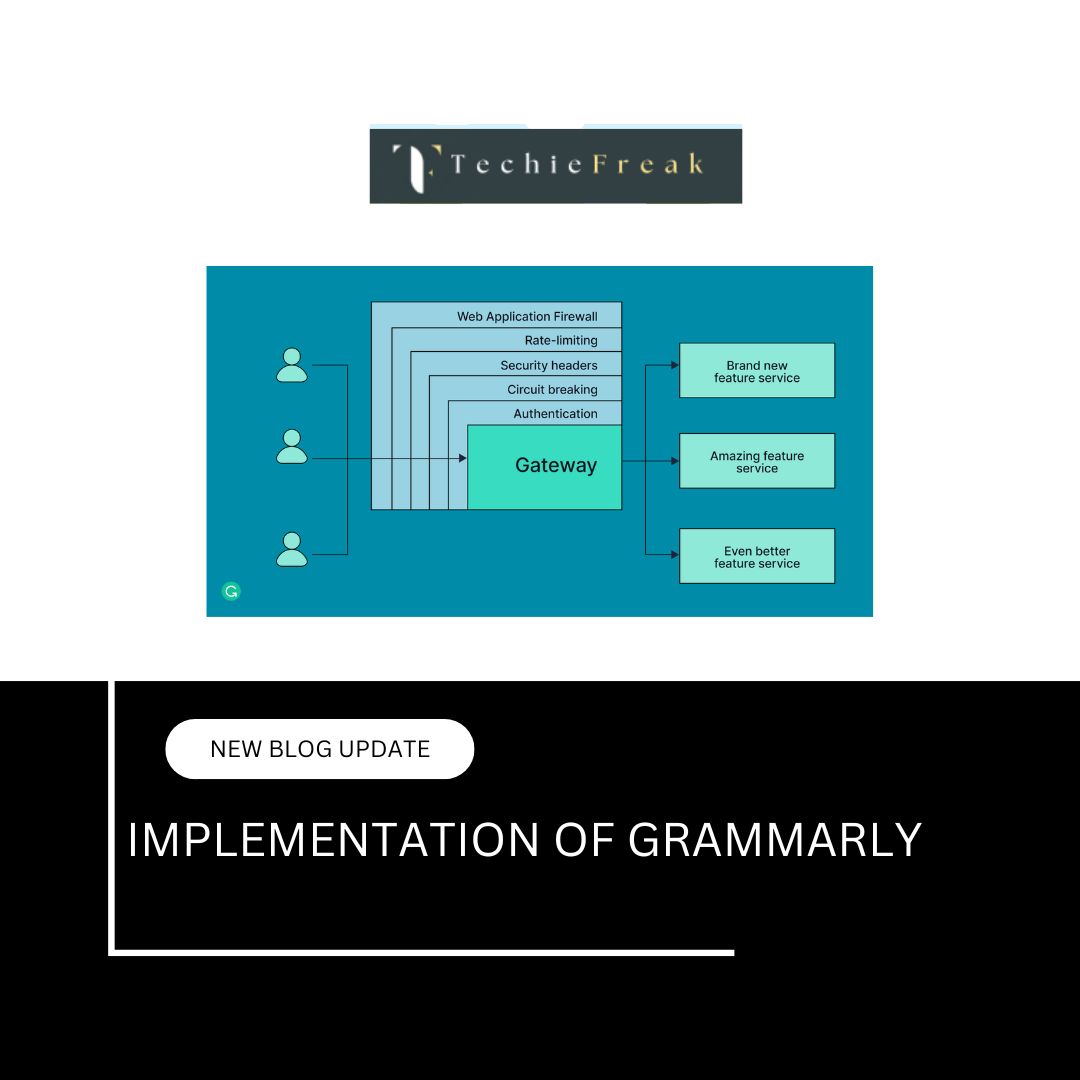

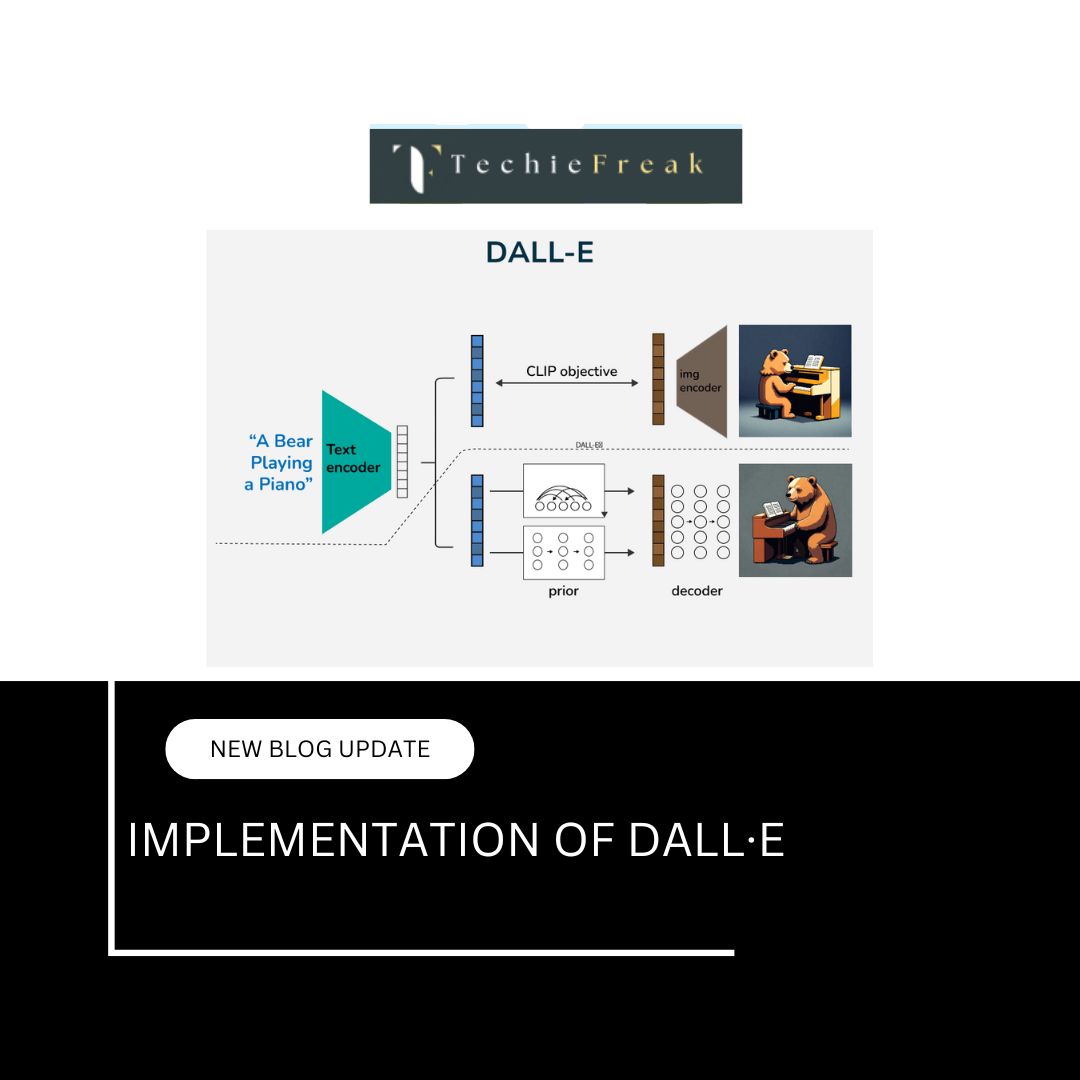
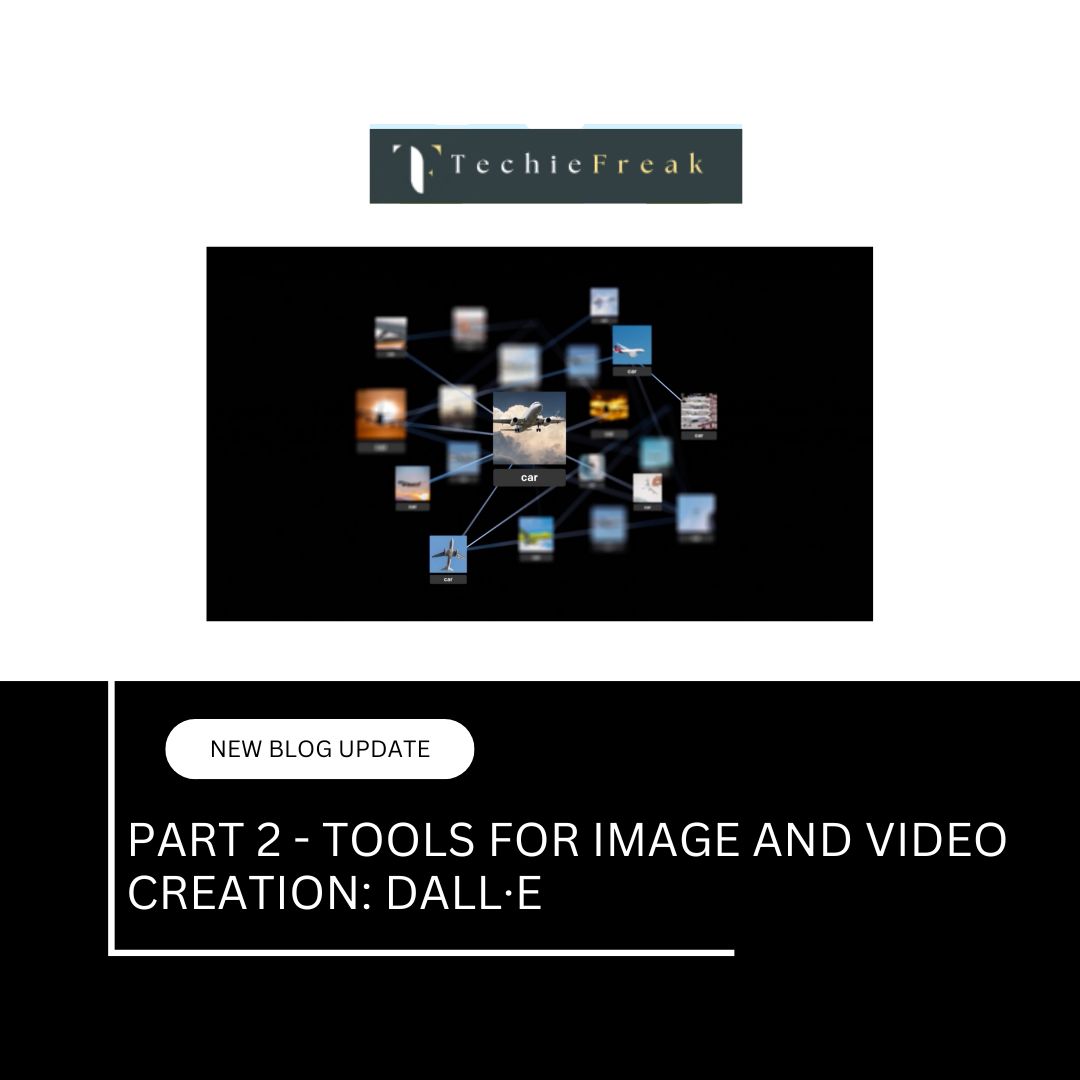

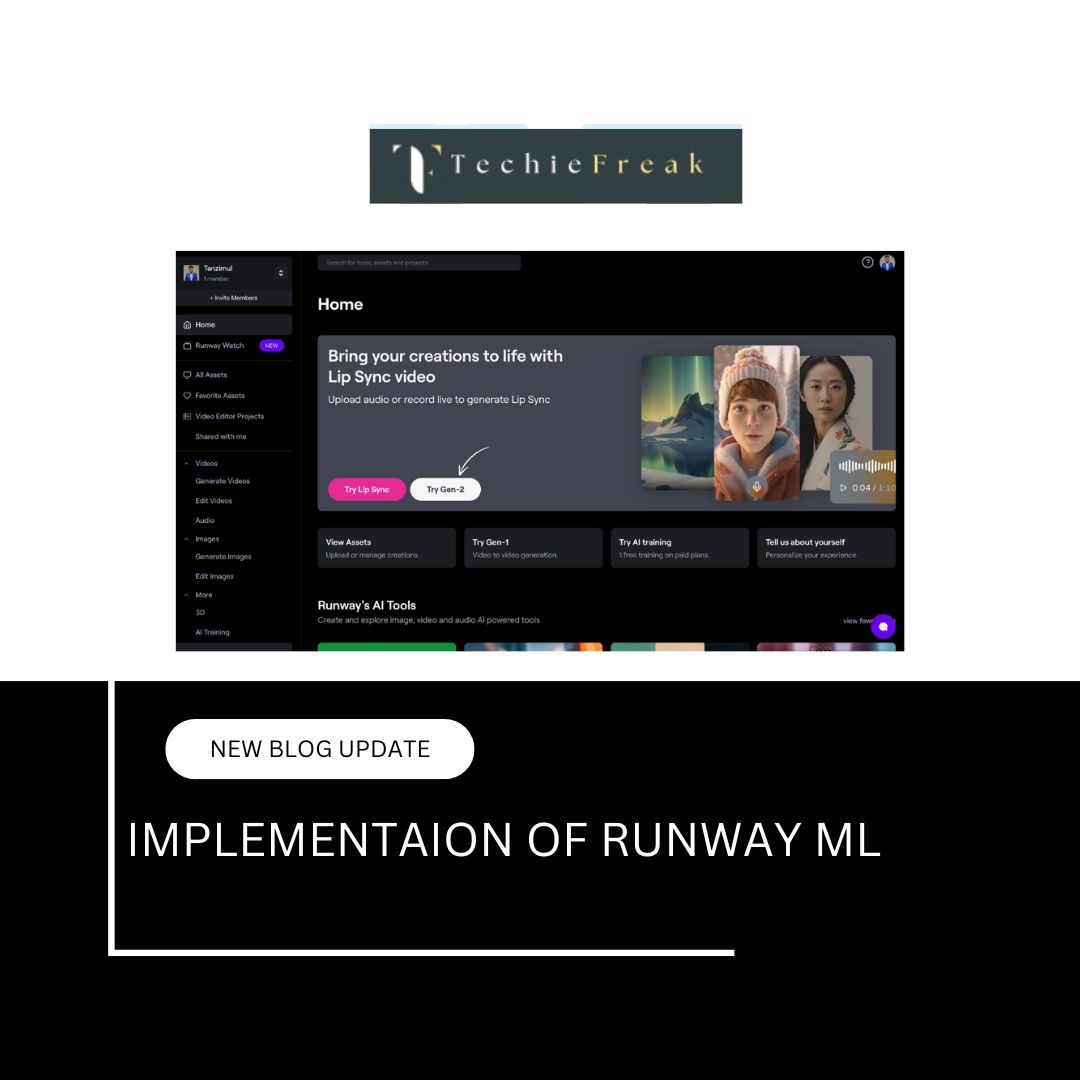
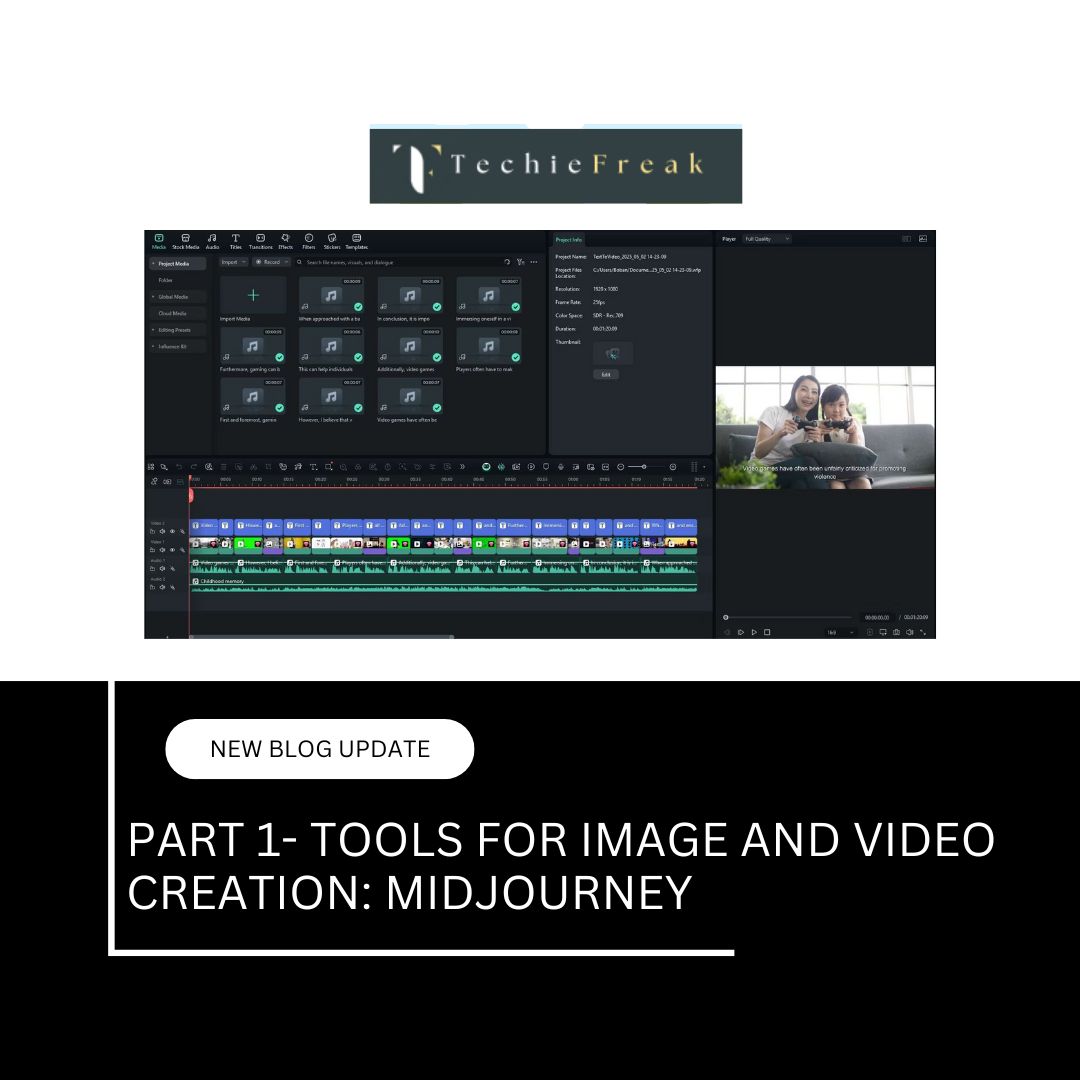

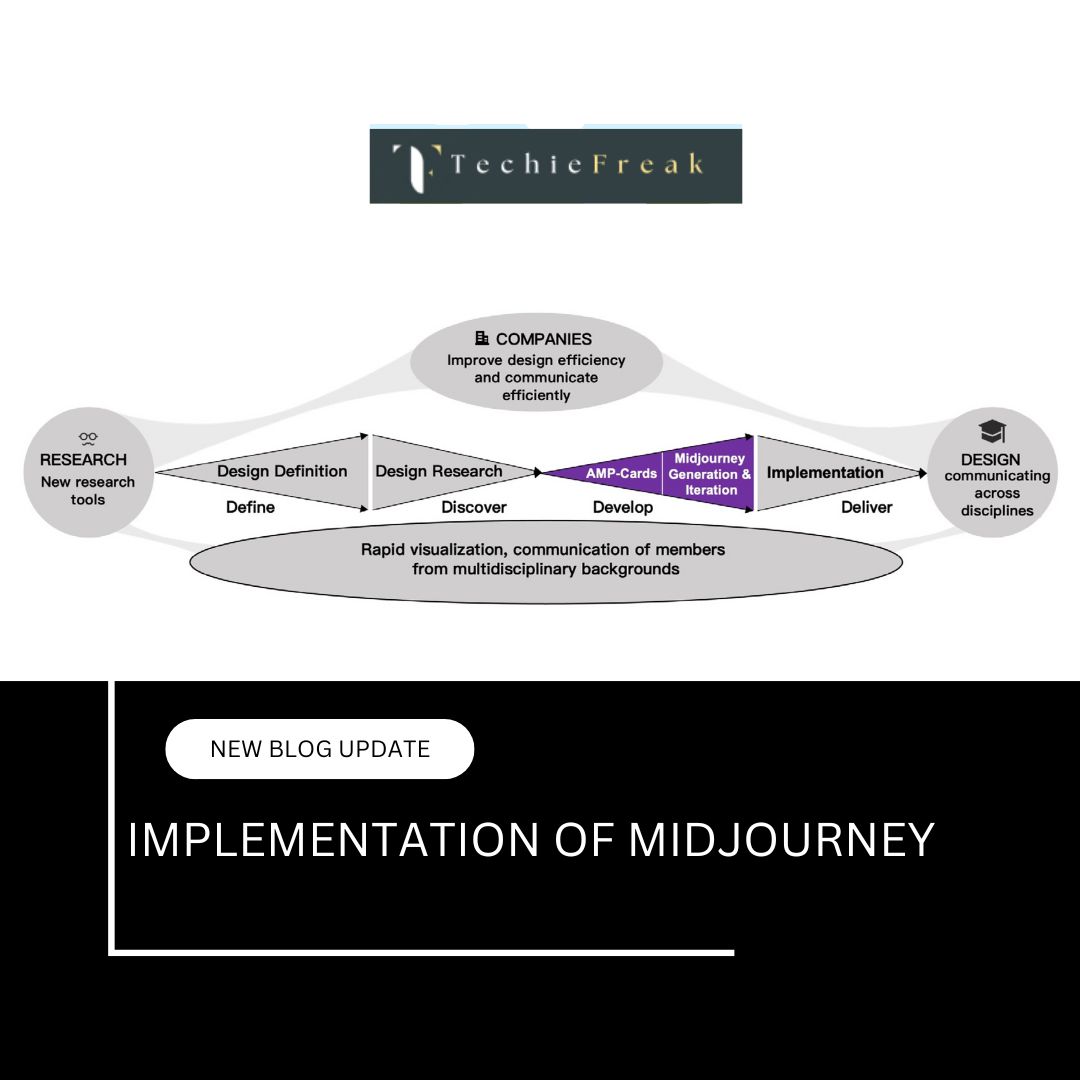
.jpg)


.png)
.png)
.png)
.png)
.png)
.png)
.png)
.png)
.png)
.png)
.png)
.png)
.png)
.png)
.png)
.png)
.png)
.png)
.png)
.png)
.png)
.png)
.png)
.png)
.png)
.png)
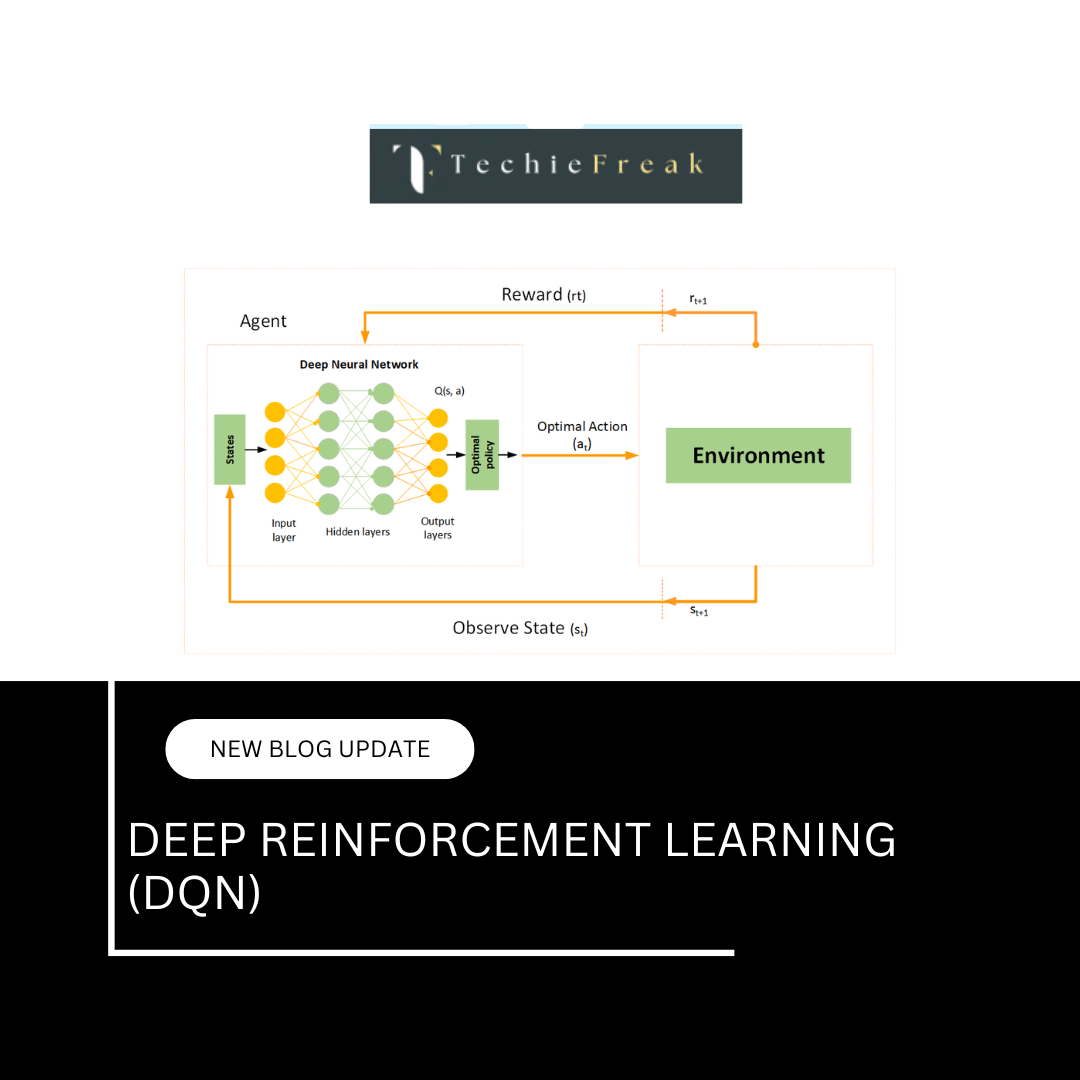
.png)
.png)
.png)
.png)
.png)
.png)

.png)
